"Net neutrality allows us to have the choice to visit and experience every site or app equally without any discrimination in terms of price, speed or availability from a telecom company. This freedom allows us to create, communicate and collaborate with people across the globe and for businesses to combine audio, video and text, and reimagine consumer experience," said Nikhil Pahwa of medianama.com, who is one of the people behind the campaign.
With India being in the throes of an intense debate on net neutrality, the issue was addressed by telecom minister Ravi Shankar Prasad on Monday, who assured that a committee of six TRAI officials formed in January to look into the matter, will send in a report to him by the second week of May.
“A committee headed by senior government officials of the ministry will give me a report on the whole gamut of net neutrality objective, its benefits, advantages and limitations including the regulatory and technical issues … by the second week of May after the widest consultation possible including online to help government come to an informed decision”, said Prasad.
On the other hand, the savetheinternet.in campaign, started by a group of digital rights champions, announced that more than 1,60,000 emails were sent out to the TRAI website, in what is turning out to be one of the most popular internet debate in the country’s history. Initiating the conversation on the issue, last month, TRAI had released a paper on its website inviting comments from users and companies, with deadlines ending on May 24. However, the 110-page document asked pro-neutrality supporters to answer a 20 questions form, which many see as pressure tactic from the government body.
Net neutrality is a principle that all websites and apps will be treated equally by internet service providers (ISPs), and that they do not fasten access to some of them in exchange for a cost. In 2010, when the Federal Communications Council in the US lost a case against ISP Comcast, it became a global conversation. The term was coined by American academic Tim Wu. In India, there was no law governing net neutrality, with ISPs widely violating it with various plans. Facebook’s Internet.org, Aircel’s Wikipedia Zero and its free access to Facebook and WhatsApp, Airtel’s free access to Google, and Reliance’s free twitter are examples of some violations. The TRAI’s invitation for suggestions is widely seen by campaigners as a way of remedying that.
Digital rights champions argue that this will divide the internet into two groups wherein the group that pays has a preferential edge over the other.
"Net neutrality allows us to have the choice to visit and experience every site or app equally without any discrimination in terms of price, speed or availability from a telecom company. This freedom allows us to create, communicate and collaborate with people across the globe and for businesses to combine audio, video and text, and reimagine consumer experience," said Nikhil Pahwa of medianama.com, who is one of the people behind the campaign.
Telecom operator Airtel, who announced the controversial Airtel Zero plan last week, said that the service did not aim to discriminate. "Airtel Zero provides universal access and is free for all our customers. Customers have the choice to decide whether they want to come there or not," said Srini Gopalan, director of consumer business at Bharti Airtel. "Airtel Zero is 'free' for all our consumers and open to all marketers. Since we announced it on April 6, over 150 start-ups – with majority being small start-ups – have contacted to enquire about the product. For the record, every one of them told us what a great platform we will be providing to them."
However, Pranav Kumar Suresh, CEO of Kerala-based Startup Village, a technology incubator which is promoted by the government and private bodies, said any entity that puts a price on access to the internet, is stalling its evolution. "The reason why we had an IT revolution in India is because of the global delivery model, and because we had the bandwidth and access. Curtailing that is problematic; it will dry up the small smart-ups," said Suresh.
What's Net Neutrality?
It is a principle that promises equal access to the internet irrespective of the ISP one is accessing. In 2010, when the Federal Communications Council in the US lost a case against ISP Comcast, it became a global conversation. The term was coined by American academic Tim Wu. In India, there was no law governing Net Neutrality, with ISPs widely violating it with various plans. Facebook's Internet.org, Aircel's Wikipedia Zero and its free access to Facebook and WhatsApp, Airtel's free access to Google, and Reliance's free Twitter. Trai's invitation for suggestions is widely seen by campaigners as a way of remedying that.
![submenu-img]() Maa Kali teaser: Raima Sen, Abhishek Singh film narrates 'horrifying' Direct Action Day during British Raj Bengal
Maa Kali teaser: Raima Sen, Abhishek Singh film narrates 'horrifying' Direct Action Day during British Raj Bengal ![submenu-img]() Watch: Rohit Sharma, Virat Kohli lift T20 World Cup trophy together during Team India's victory parade in Mumbai
Watch: Rohit Sharma, Virat Kohli lift T20 World Cup trophy together during Team India's victory parade in Mumbai![submenu-img]() Meet Indian genius, who worked on NASA's Rs 73700 crore project, married to a scientist, she is...
Meet Indian genius, who worked on NASA's Rs 73700 crore project, married to a scientist, she is...![submenu-img]() Watch: Fan climbs tree to watch Team India's victory parade up close, video goes viral
Watch: Fan climbs tree to watch Team India's victory parade up close, video goes viral![submenu-img]() Hathras stampede: Congress MP Rahul Gandhi to meet victims of incident tomorrow
Hathras stampede: Congress MP Rahul Gandhi to meet victims of incident tomorrow![submenu-img]() Meet Indian genius, who worked on NASA's Rs 73700 crore project, married to a scientist, she is...
Meet Indian genius, who worked on NASA's Rs 73700 crore project, married to a scientist, she is...![submenu-img]() Meet woman, civil servant for 30 years, now becomes first female chief secretary of...
Meet woman, civil servant for 30 years, now becomes first female chief secretary of...![submenu-img]() Meet Indian genius, a celebrated physicist, who was denied Nobel Prize in 2005, converted to Hinduism because..
Meet Indian genius, a celebrated physicist, who was denied Nobel Prize in 2005, converted to Hinduism because..![submenu-img]() Meet Indian genius who passed classes 8-12 in 9 months, became one of India's youngest engineer at 15, joined IIT for...
Meet Indian genius who passed classes 8-12 in 9 months, became one of India's youngest engineer at 15, joined IIT for...![submenu-img]() Meet Indian genius, who began career as assistant, later led key NASA mission, works as...
Meet Indian genius, who began career as assistant, later led key NASA mission, works as...![submenu-img]() Godman Bhole Baba's Lawyers Deny ‘Charan Raj’ Claim, Says Anti-Social Elements Behind Stampede
Godman Bhole Baba's Lawyers Deny ‘Charan Raj’ Claim, Says Anti-Social Elements Behind Stampede![submenu-img]() Meet Rishi Shah, The Indian-American Sentenced To 7.5 Years In Prison For $1 Billion Fraud Scheme
Meet Rishi Shah, The Indian-American Sentenced To 7.5 Years In Prison For $1 Billion Fraud Scheme![submenu-img]() Severe Turbulence On Spanish Flight Injures 30, Video Of Man Thrown Into Overhead Bin Goes Viral
Severe Turbulence On Spanish Flight Injures 30, Video Of Man Thrown Into Overhead Bin Goes Viral![submenu-img]() Haryana: Goods Train To Amritsar Derailed In Karnal, Containers Fall Off, Rail Traffic Disrupted
Haryana: Goods Train To Amritsar Derailed In Karnal, Containers Fall Off, Rail Traffic Disrupted![submenu-img]() 'Played With Religious Sentiments': Chirag Paswan Slams Rahul Gandhi Over His Remarks In Parliament
'Played With Religious Sentiments': Chirag Paswan Slams Rahul Gandhi Over His Remarks In Parliament![submenu-img]() DNA Verified: Did Kangana Ranaut party with gangster Abu Salem? Actress reveals who's with her in viral photo
DNA Verified: Did Kangana Ranaut party with gangster Abu Salem? Actress reveals who's with her in viral photo![submenu-img]() DNA Verified: New Delhi Railway Station to be closed for 4 years? Know the truth here
DNA Verified: New Delhi Railway Station to be closed for 4 years? Know the truth here![submenu-img]() DNA Verified: Did RSS chief Mohan Bhagwat praise Congress during Lok Sabha Elections 2024? Know the truth here
DNA Verified: Did RSS chief Mohan Bhagwat praise Congress during Lok Sabha Elections 2024? Know the truth here![submenu-img]() DNA Verified: Is CAA an anti-Muslim law? Centre terms news report as 'misleading'
DNA Verified: Is CAA an anti-Muslim law? Centre terms news report as 'misleading'![submenu-img]() DNA Verified: Lok Sabha Elections 2024 to be held on April 19? Know truth behind viral message
DNA Verified: Lok Sabha Elections 2024 to be held on April 19? Know truth behind viral message![submenu-img]() 5 warm moments Ranveer Singh shared with fans that show why he is their favourite
5 warm moments Ranveer Singh shared with fans that show why he is their favourite![submenu-img]() In pics: Richa Chadha cheers for Ali Fazal, Isha Talwar, Vijay Varma, Shweta Tripathi pose at Mirzapur 3 screening
In pics: Richa Chadha cheers for Ali Fazal, Isha Talwar, Vijay Varma, Shweta Tripathi pose at Mirzapur 3 screening![submenu-img]() Meet Mickey Dhamejani, Jr Hrithik Roshan from Krrish, former child actor who quit films, is now...
Meet Mickey Dhamejani, Jr Hrithik Roshan from Krrish, former child actor who quit films, is now...![submenu-img]() In pics: India beat South Africa by 7 runs to lift second T20 World Cup title
In pics: India beat South Africa by 7 runs to lift second T20 World Cup title![submenu-img]() Alia Bhatt mesmerises in gown, Ranbir Kapoor looks classy in tuxedo in latest romantic photos, fans say 'couple goals'
Alia Bhatt mesmerises in gown, Ranbir Kapoor looks classy in tuxedo in latest romantic photos, fans say 'couple goals'![submenu-img]() Hathras stampede: Congress MP Rahul Gandhi to meet victims of incident tomorrow
Hathras stampede: Congress MP Rahul Gandhi to meet victims of incident tomorrow![submenu-img]() Hathras stampede: Six sevadars including two women arrested by UP police, key accused still on run
Hathras stampede: Six sevadars including two women arrested by UP police, key accused still on run![submenu-img]() CST Advanced Systems revolutionizes tactical Operations
CST Advanced Systems revolutionizes tactical Operations![submenu-img]() 'We would all be...: ISRO chief issues eerie warning for humans and it's related to..
'We would all be...: ISRO chief issues eerie warning for humans and it's related to..![submenu-img]() This Pakistani leader was LK Advani's good friend, they both used to share letters in...
This Pakistani leader was LK Advani's good friend, they both used to share letters in...![submenu-img]() Lok Sabha Speaker's Election: What does the Constitution say?
Lok Sabha Speaker's Election: What does the Constitution say?![submenu-img]() Explained: Why is Kerala demanding to change its name to Keralam?
Explained: Why is Kerala demanding to change its name to Keralam?![submenu-img]() DNA Explainer: What is Kafala system that is prevalent in gulf countries? Why is it considered extremely brutal?
DNA Explainer: What is Kafala system that is prevalent in gulf countries? Why is it considered extremely brutal? ![submenu-img]() Lok Sabha Elections 2024: What are exit polls? When and how are they conducted?
Lok Sabha Elections 2024: What are exit polls? When and how are they conducted?![submenu-img]() DNA Explainer: Why was Iranian president Ebrahim Raisi seen as possible successor to Ayatollah Khamenei?
DNA Explainer: Why was Iranian president Ebrahim Raisi seen as possible successor to Ayatollah Khamenei?![submenu-img]() Maa Kali teaser: Raima Sen, Abhishek Singh film narrates 'horrifying' Direct Action Day during British Raj Bengal
Maa Kali teaser: Raima Sen, Abhishek Singh film narrates 'horrifying' Direct Action Day during British Raj Bengal ![submenu-img]() Kalki 2898 AD director Nag Ashwin reacts to audience reaction, reveals major details about Part Two: 'We shot about...'
Kalki 2898 AD director Nag Ashwin reacts to audience reaction, reveals major details about Part Two: 'We shot about...'![submenu-img]() This TV star to join Bigg Boss OTT 3 as wild card entry; it's not Shehzada Dhami, Bristi Samaddar, Rakhi Sawant
This TV star to join Bigg Boss OTT 3 as wild card entry; it's not Shehzada Dhami, Bristi Samaddar, Rakhi Sawant![submenu-img]() Auron Mein Kahan Dum Tha getting postponed is 'tough but good decision', exhibitors say 'we all know Munjya, Kalki...'
Auron Mein Kahan Dum Tha getting postponed is 'tough but good decision', exhibitors say 'we all know Munjya, Kalki...'![submenu-img]() Tahira Kashyap says husband Ayushmann Khurrana 'was not happy' with her books: 'He considers it blasphemous' | Exclusive
Tahira Kashyap says husband Ayushmann Khurrana 'was not happy' with her books: 'He considers it blasphemous' | Exclusive![submenu-img]() Mukesh Ambani's bahu Radhika Merchant dazzles in Durga shloka-inscribed lehenga for her 'mameru' ceremony, pics go viral
Mukesh Ambani's bahu Radhika Merchant dazzles in Durga shloka-inscribed lehenga for her 'mameru' ceremony, pics go viral![submenu-img]() Virat Kohli meets brother Vikas, family at Delhi hotel after returning from Barbados, see pics
Virat Kohli meets brother Vikas, family at Delhi hotel after returning from Barbados, see pics![submenu-img]() Viral video: AIIMS doctor grooves to ‘Tip Tip Barsa Paani’, sets internet on fire; watch
Viral video: AIIMS doctor grooves to ‘Tip Tip Barsa Paani’, sets internet on fire; watch![submenu-img]() Inside details of functions organised by Mukesh Ambani, Nita Ambani for Anant Ambani, Radhika Merchant's grand wedding
Inside details of functions organised by Mukesh Ambani, Nita Ambani for Anant Ambani, Radhika Merchant's grand wedding![submenu-img]() Mukesh Ambani, Nita Ambani's daughter Isha Ambani owns diamonds worth crores but her most prized jewellery is..
Mukesh Ambani, Nita Ambani's daughter Isha Ambani owns diamonds worth crores but her most prized jewellery is..
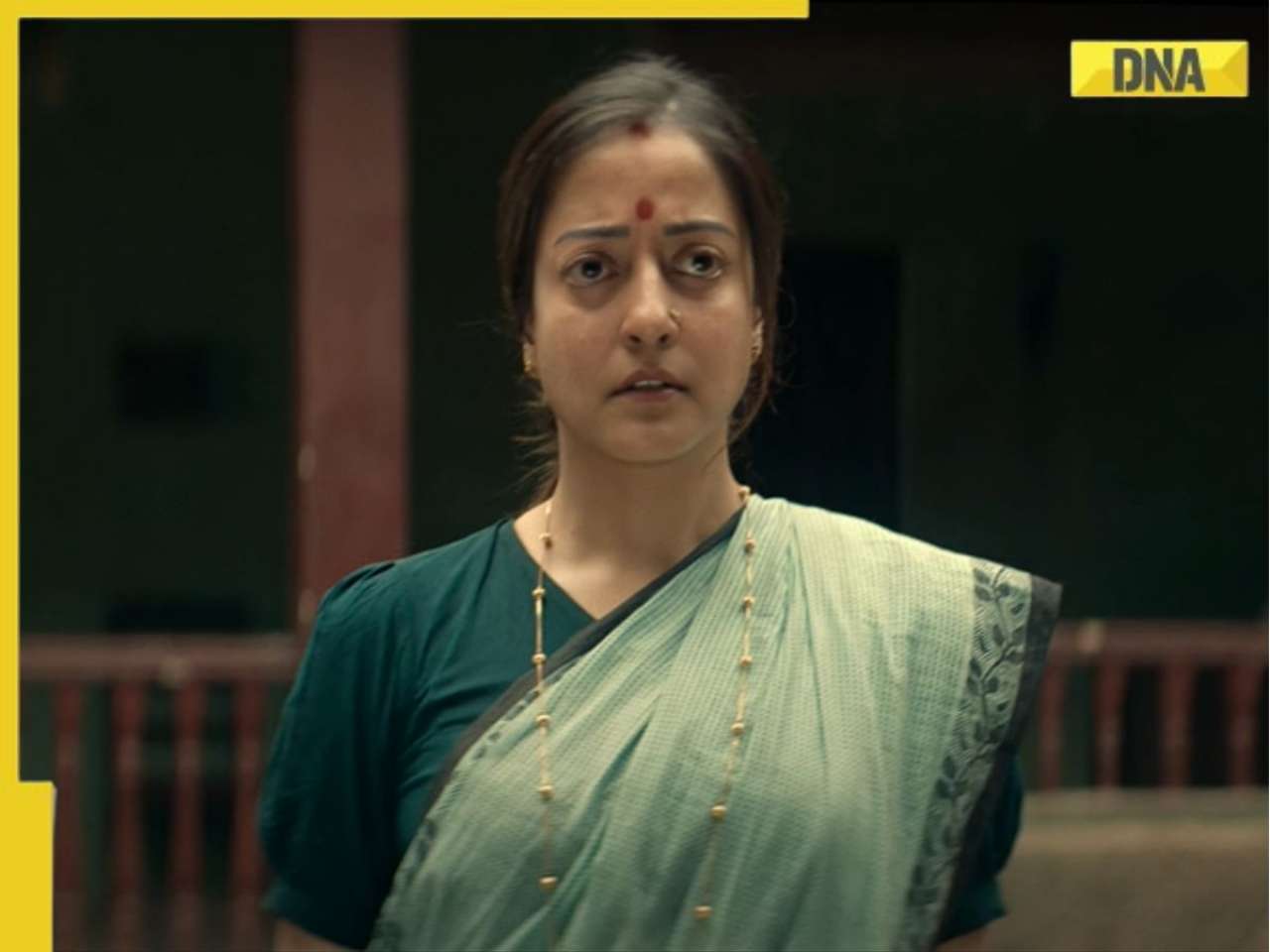

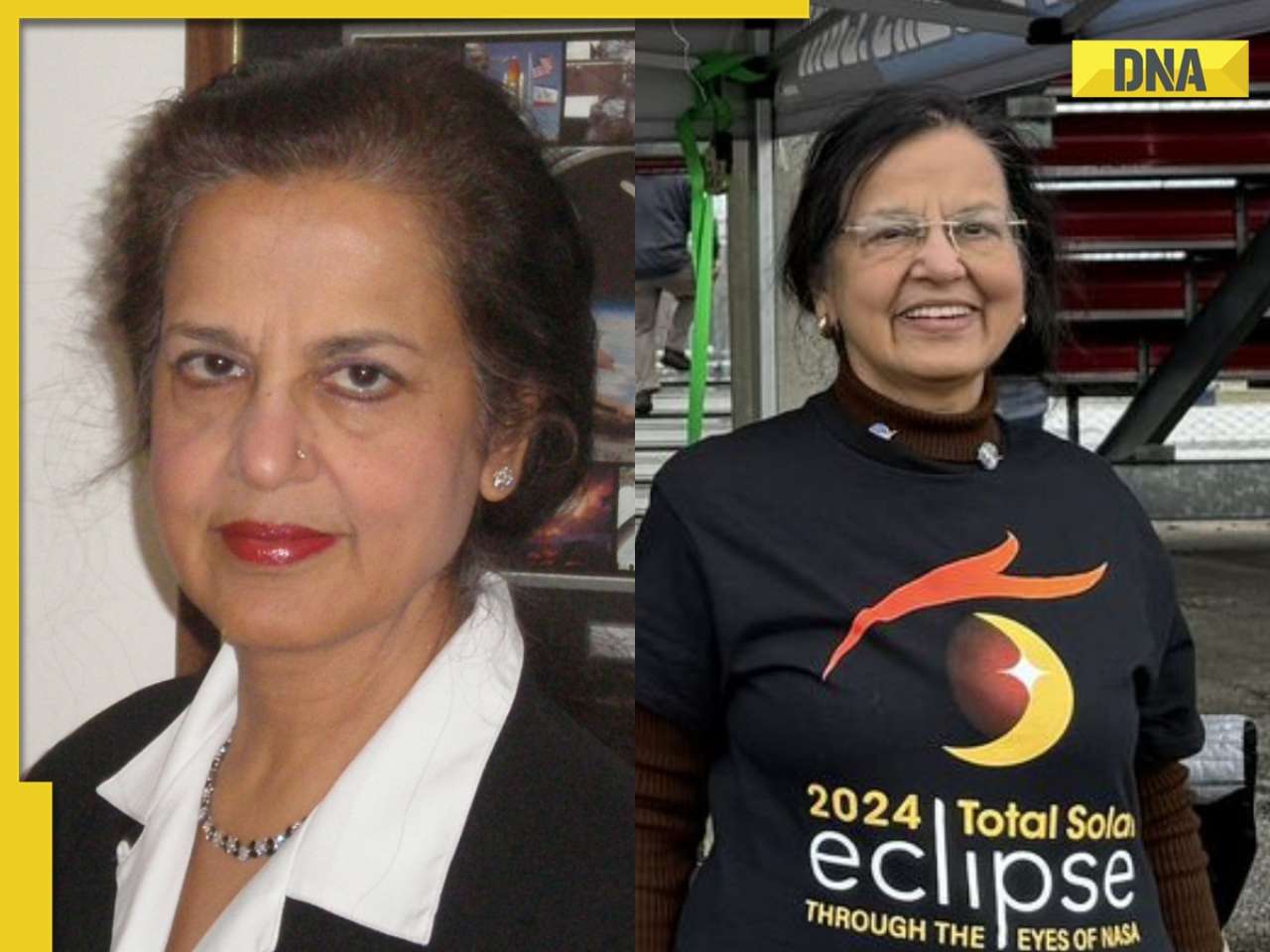
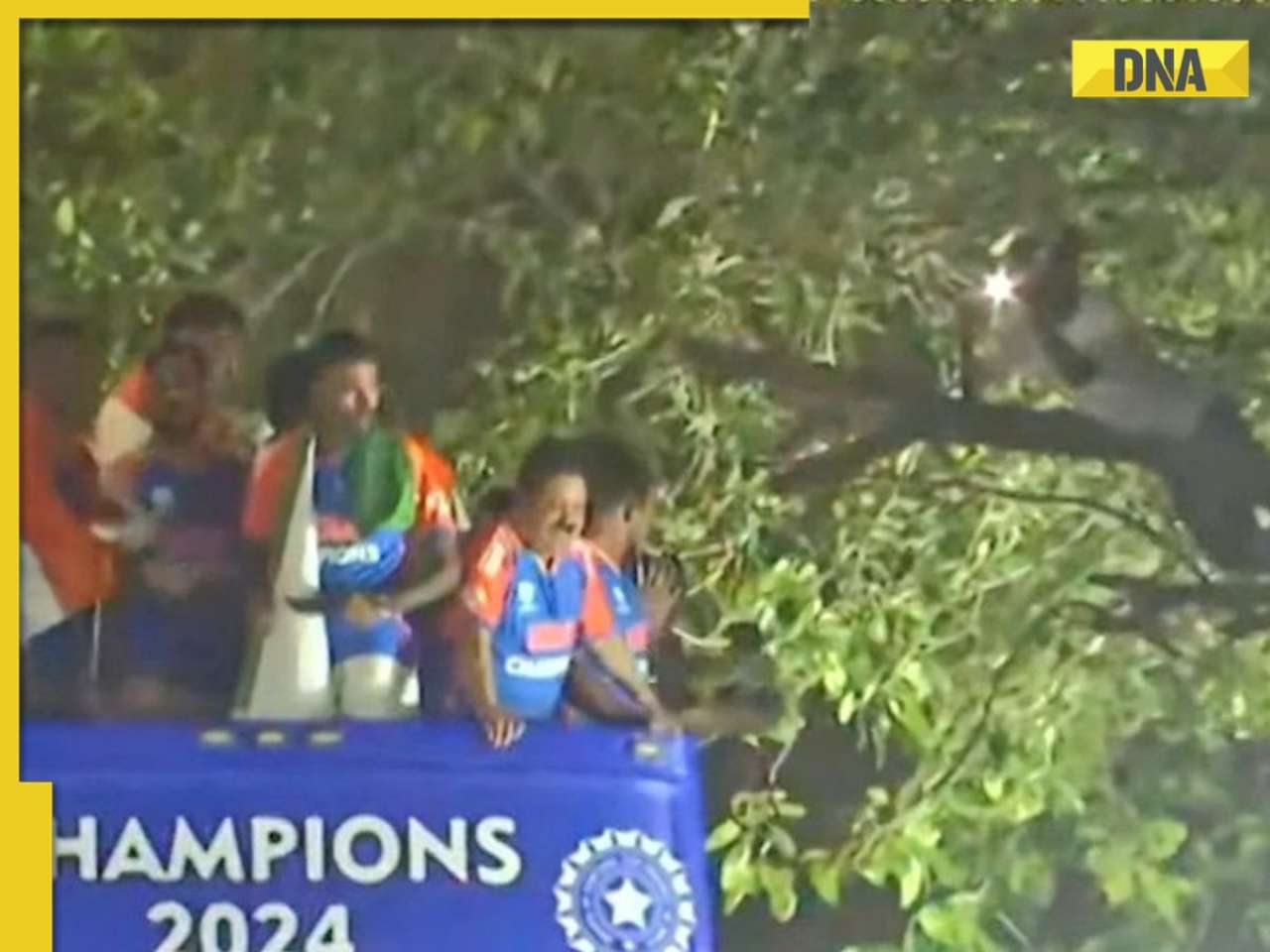
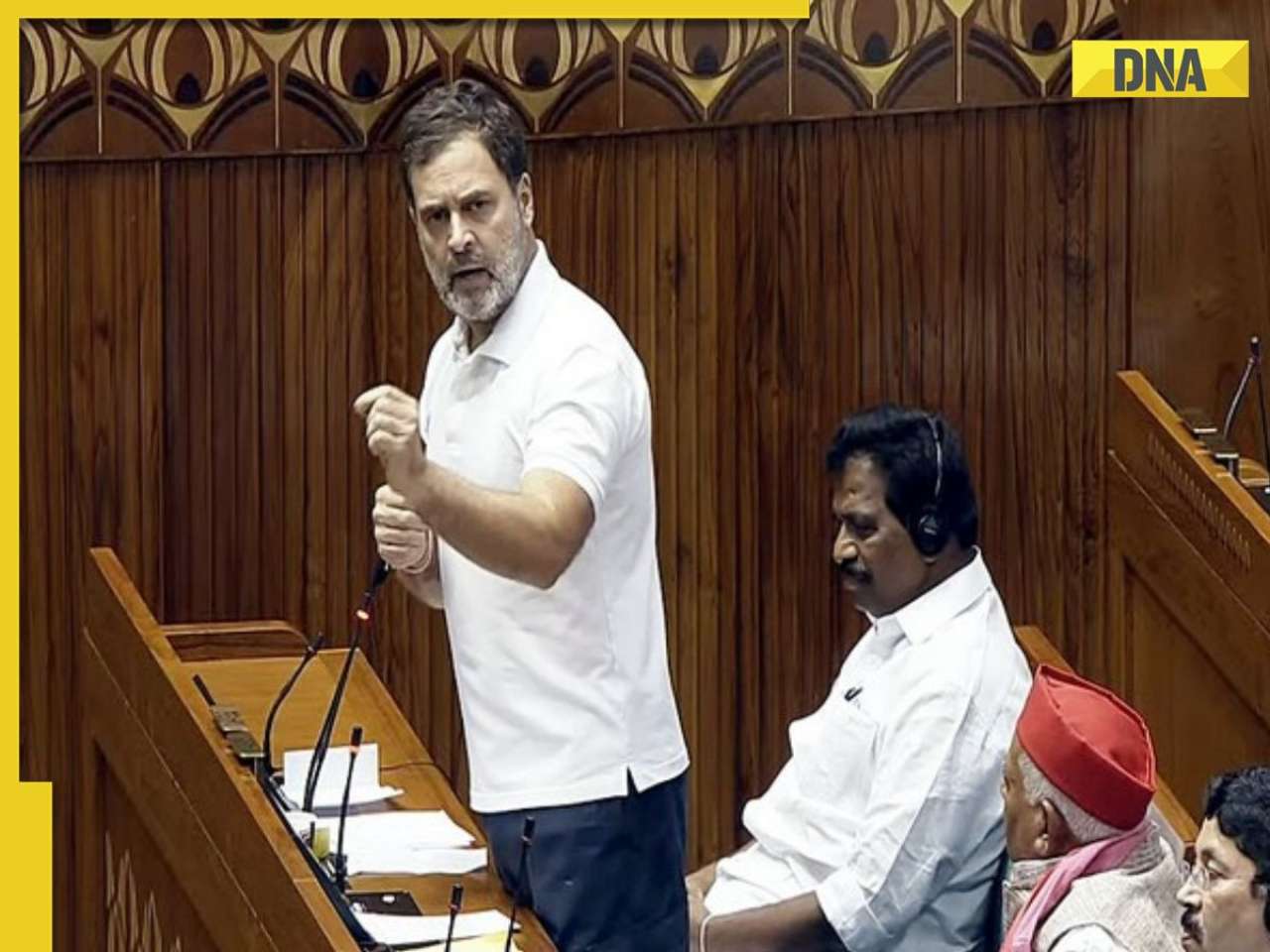





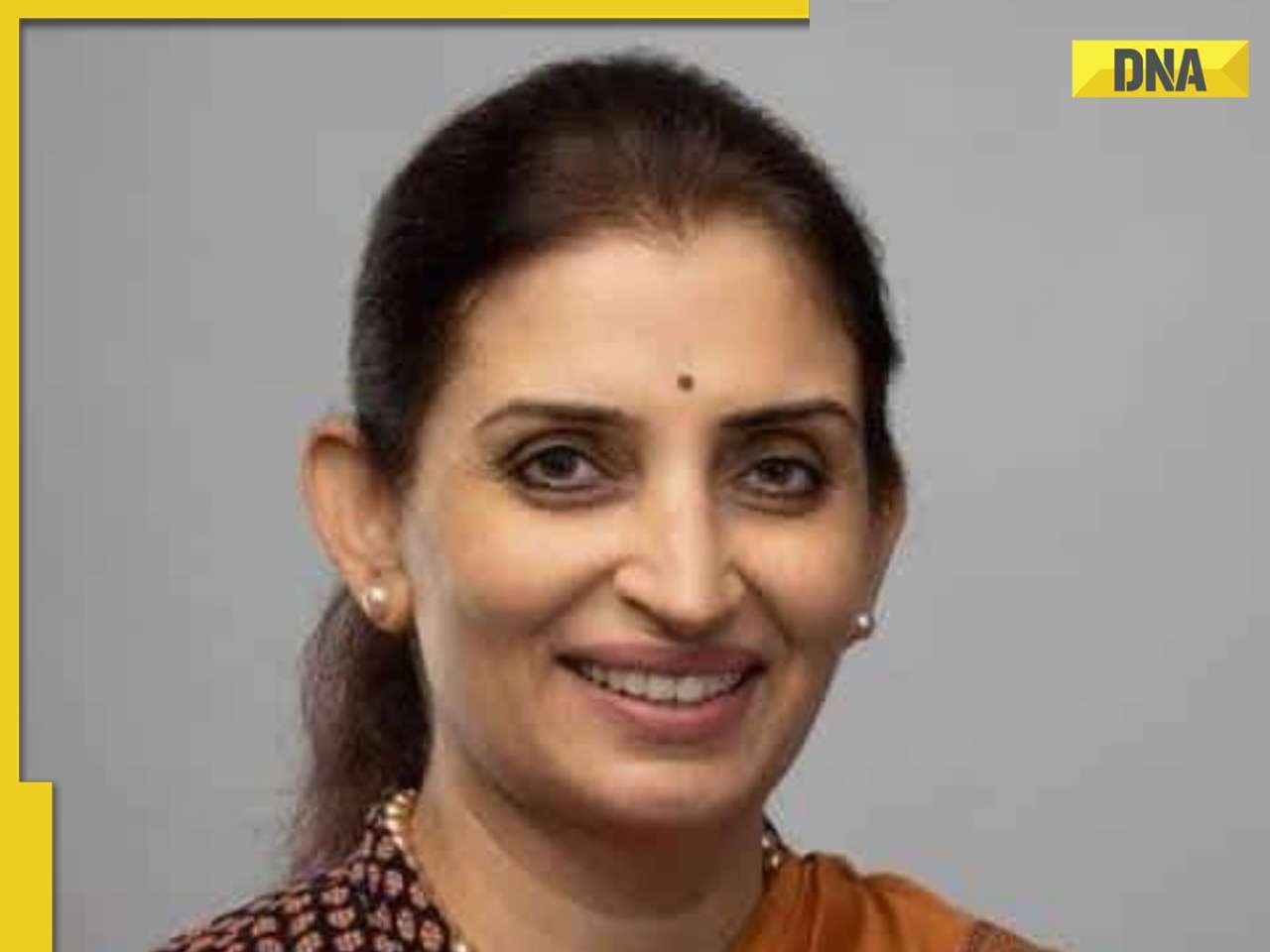
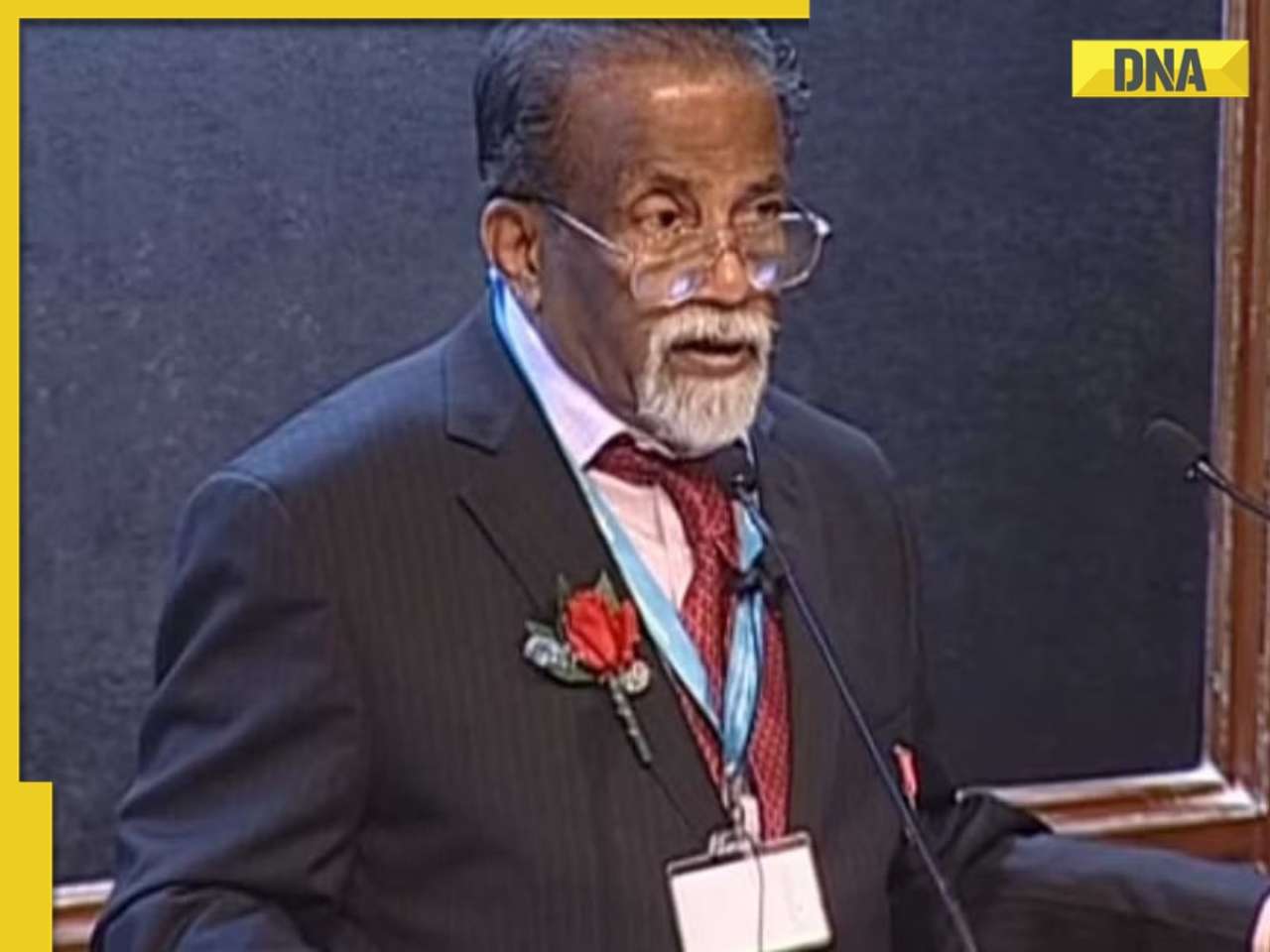
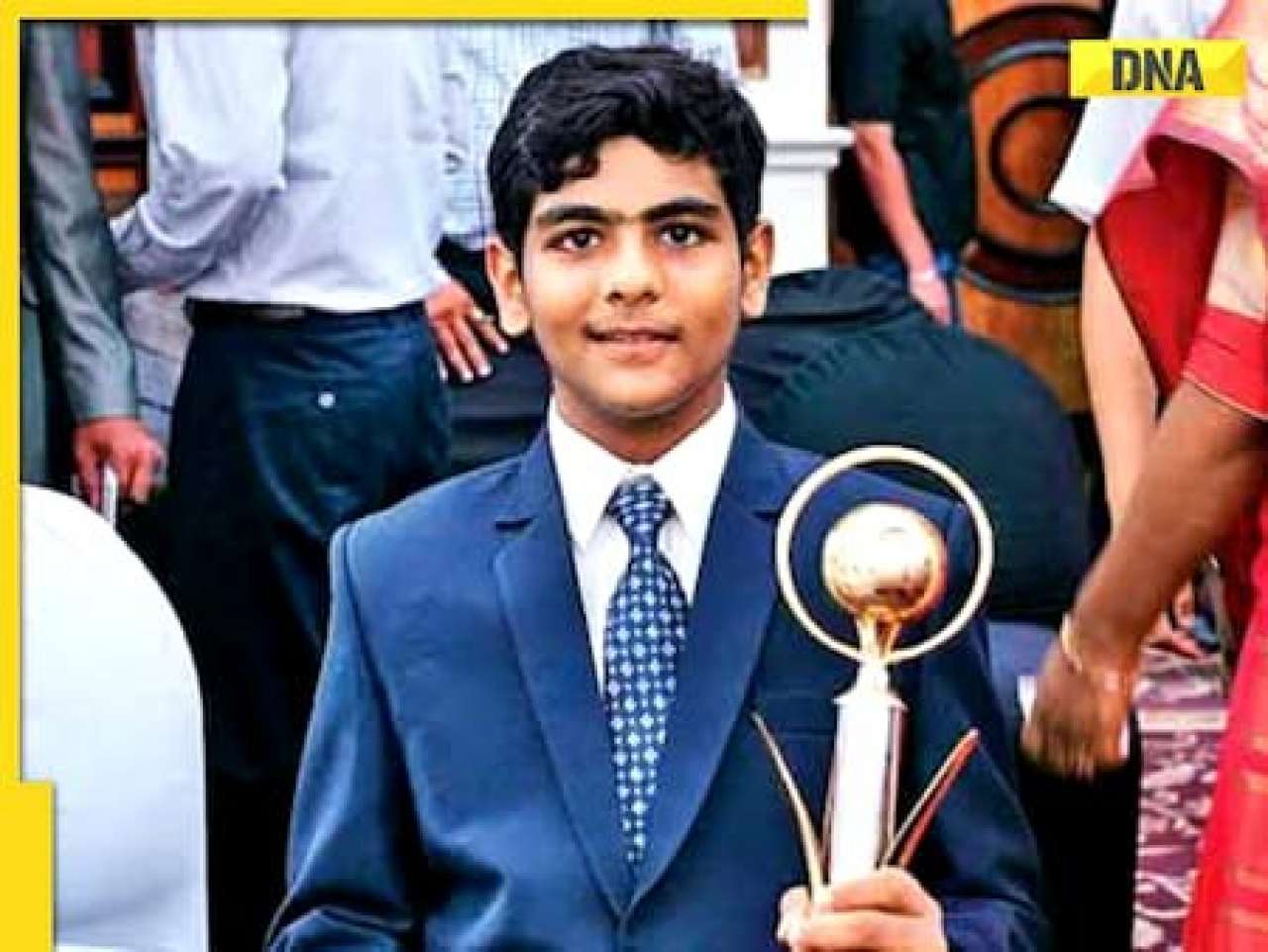














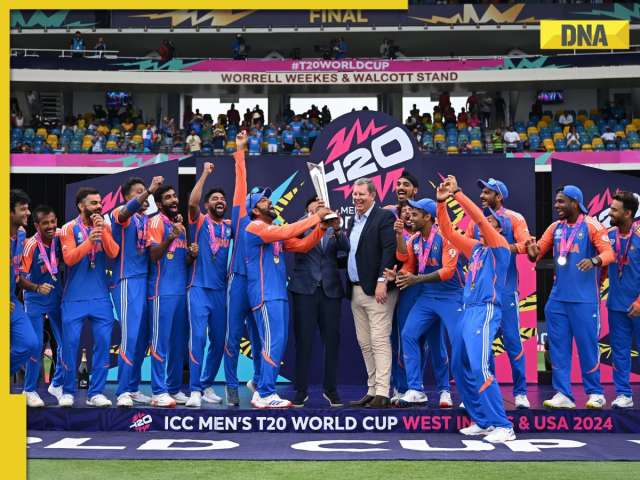

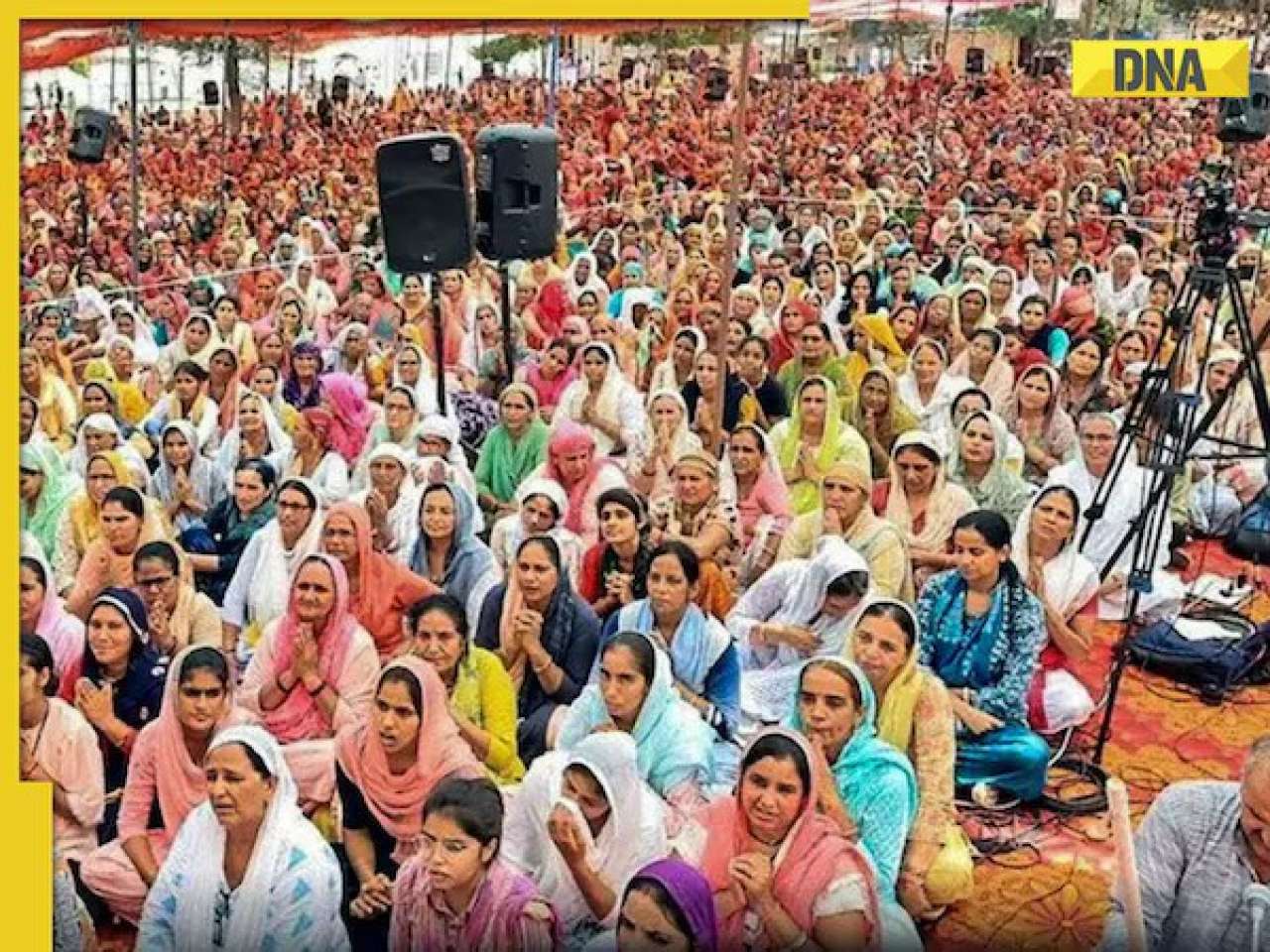
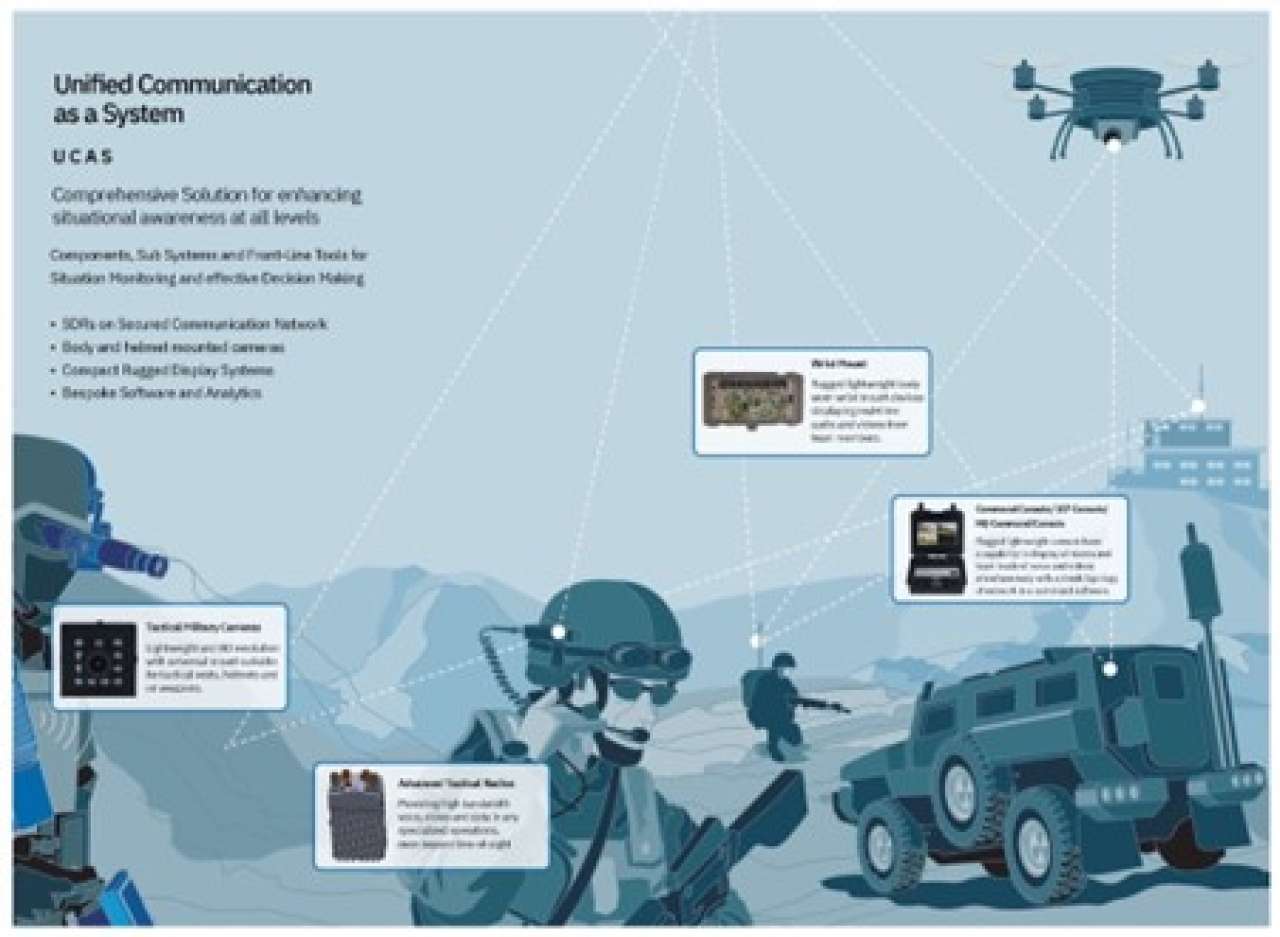

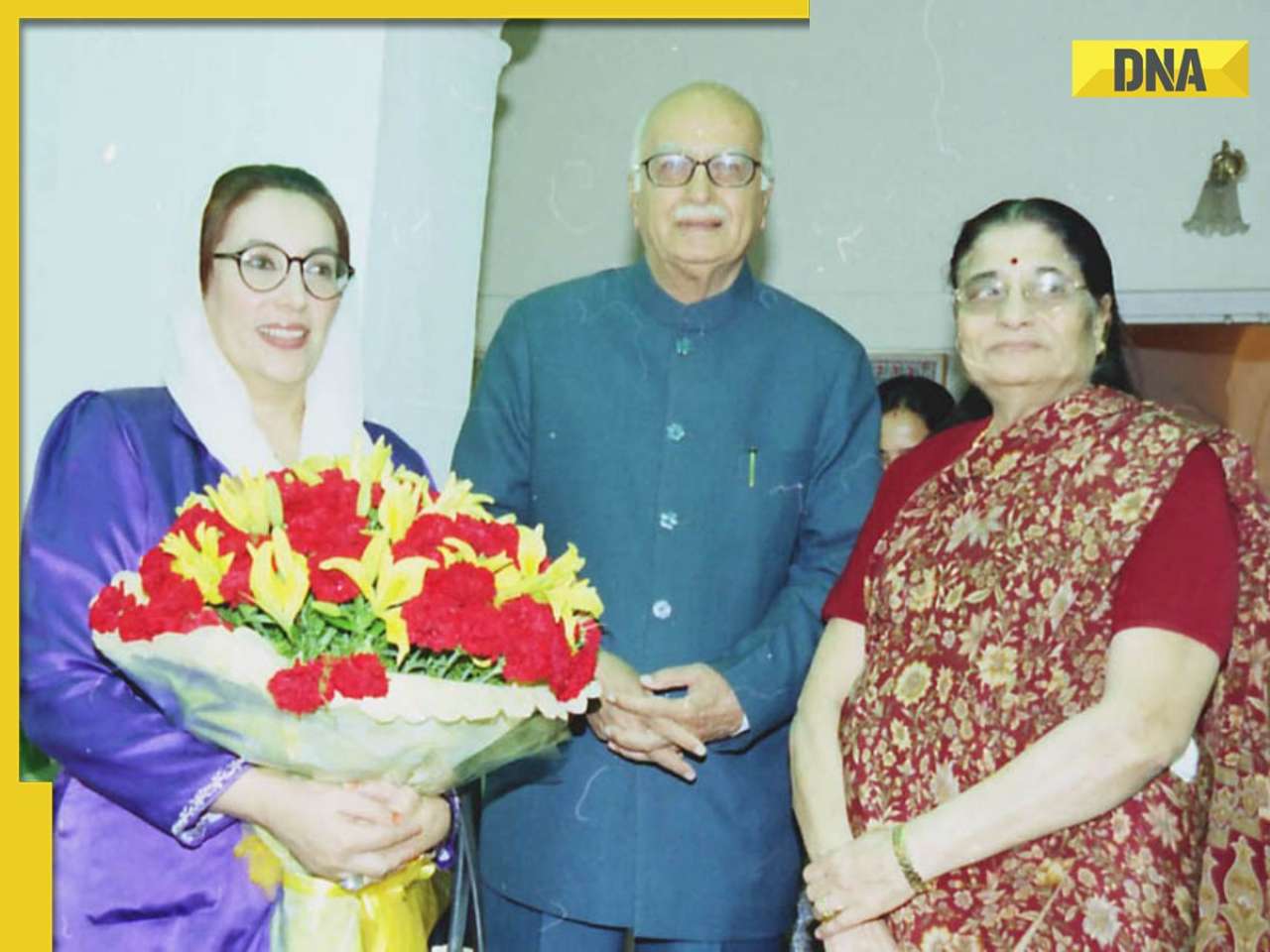
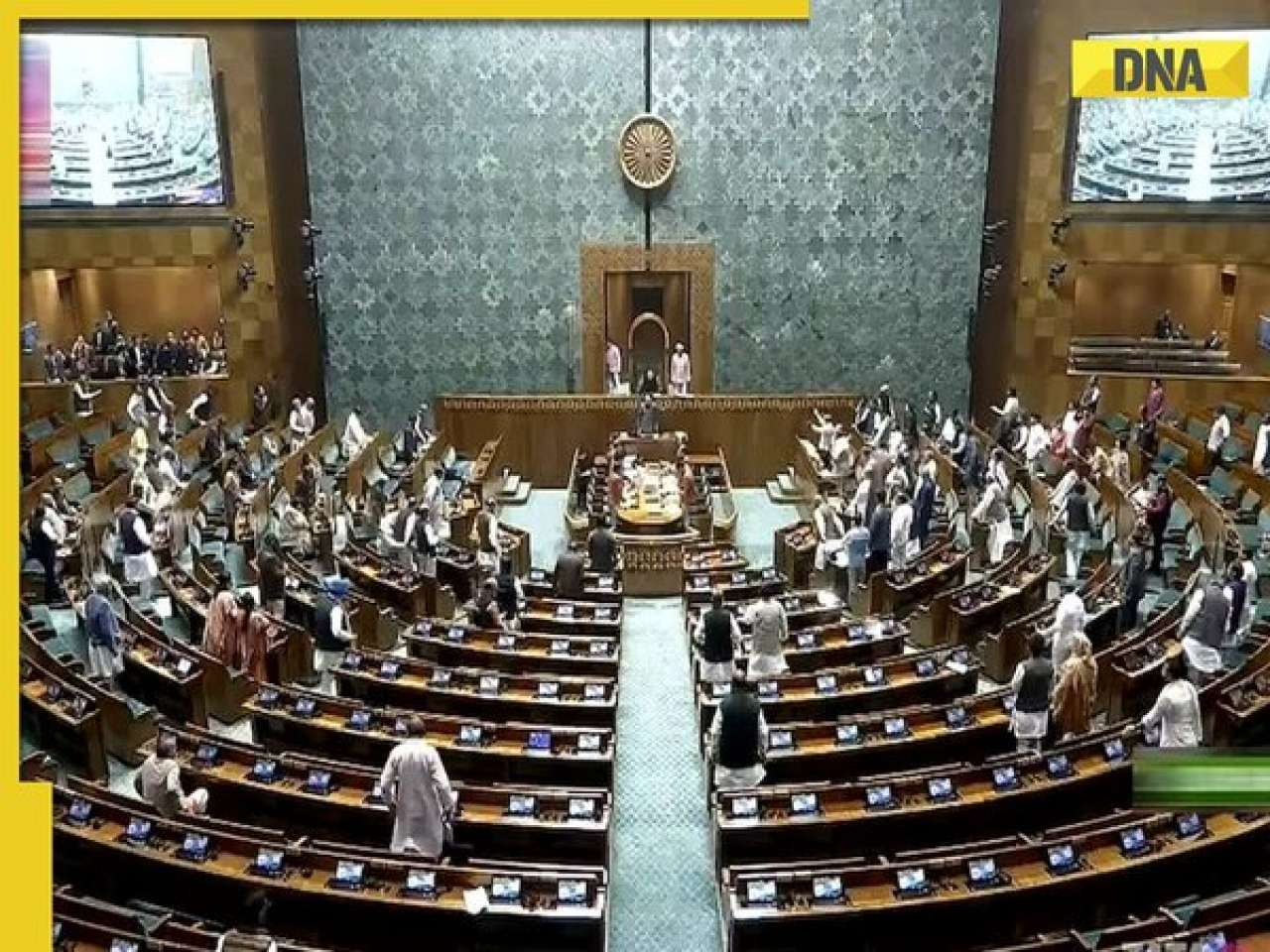
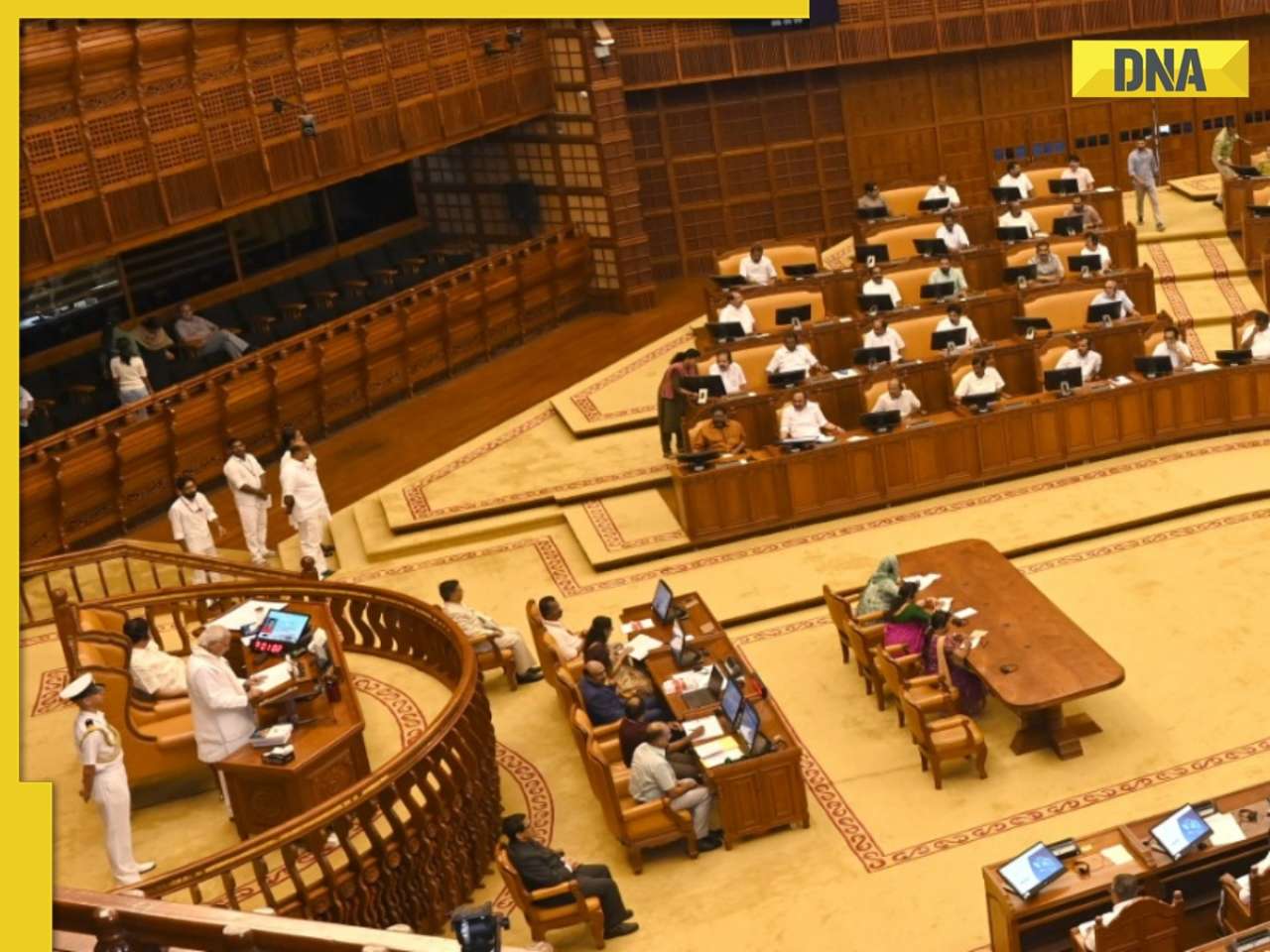



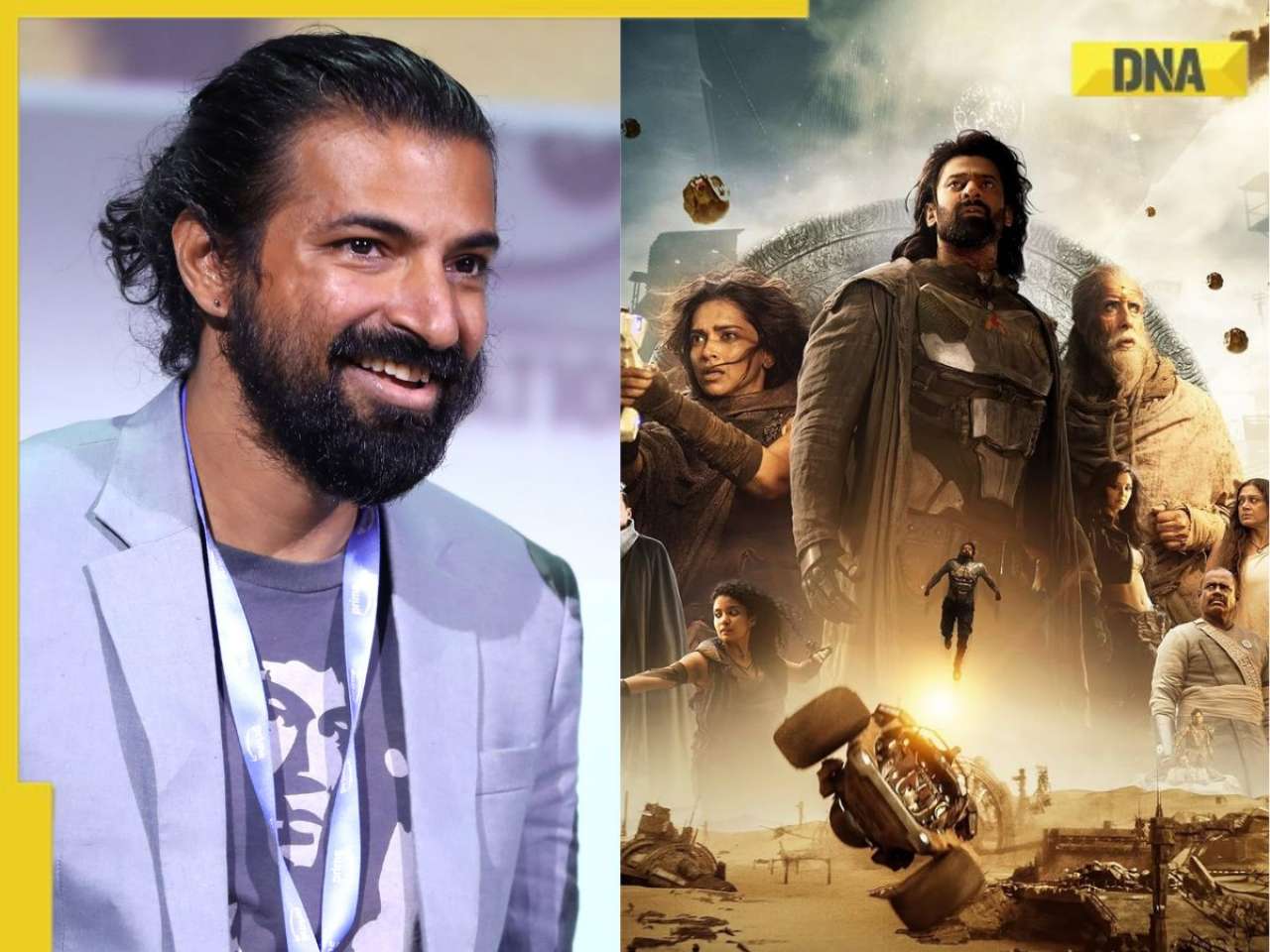
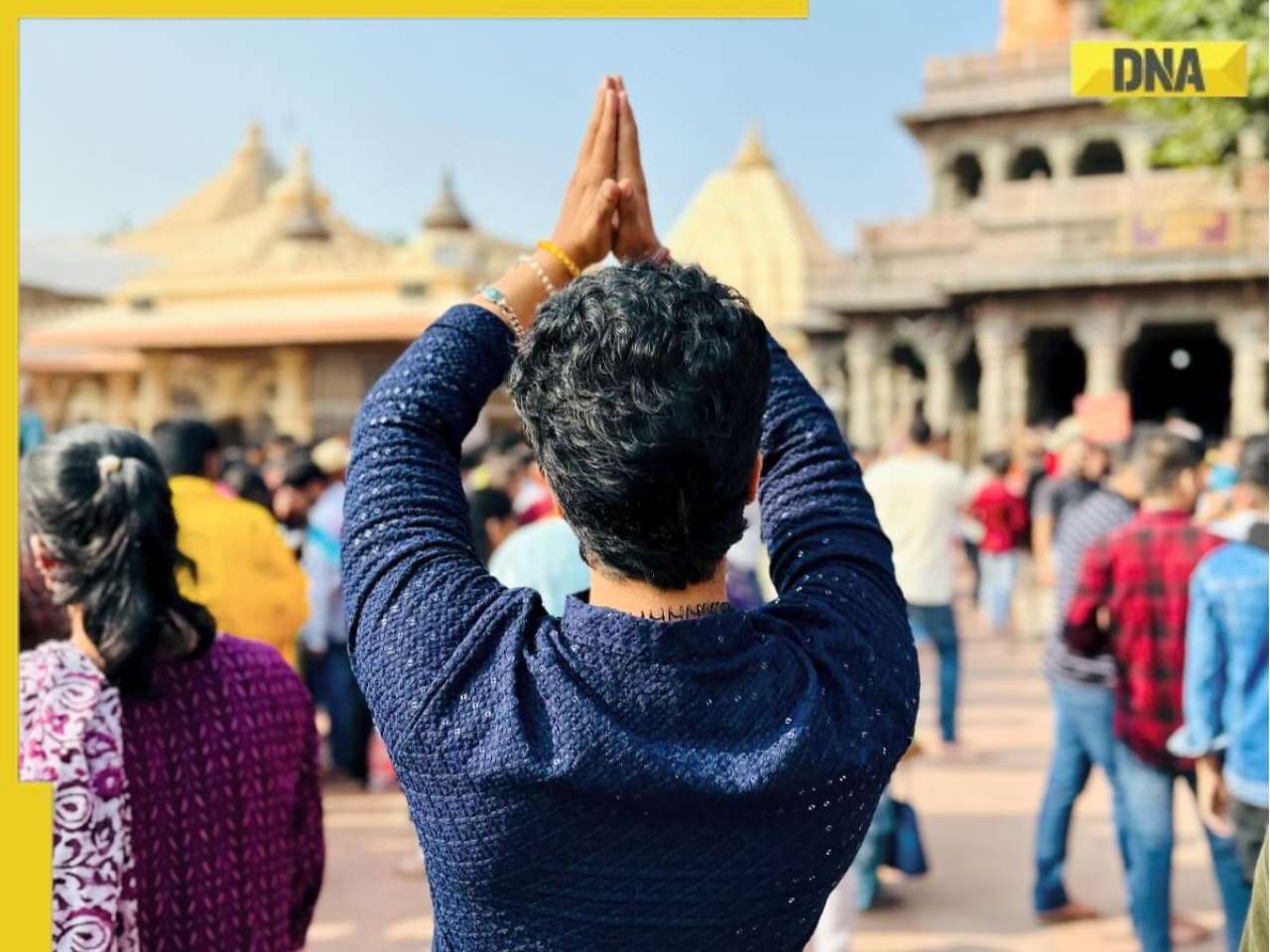



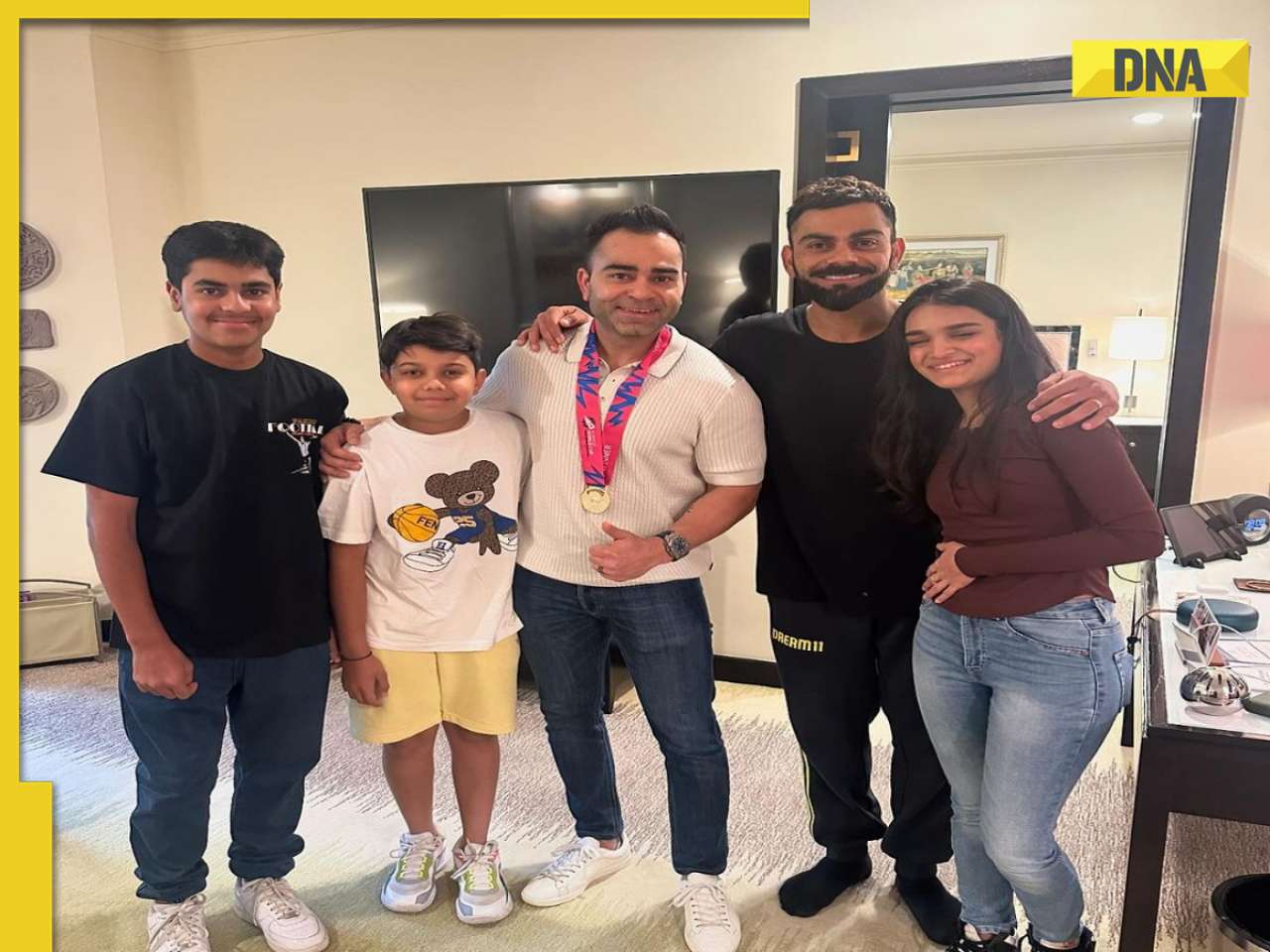

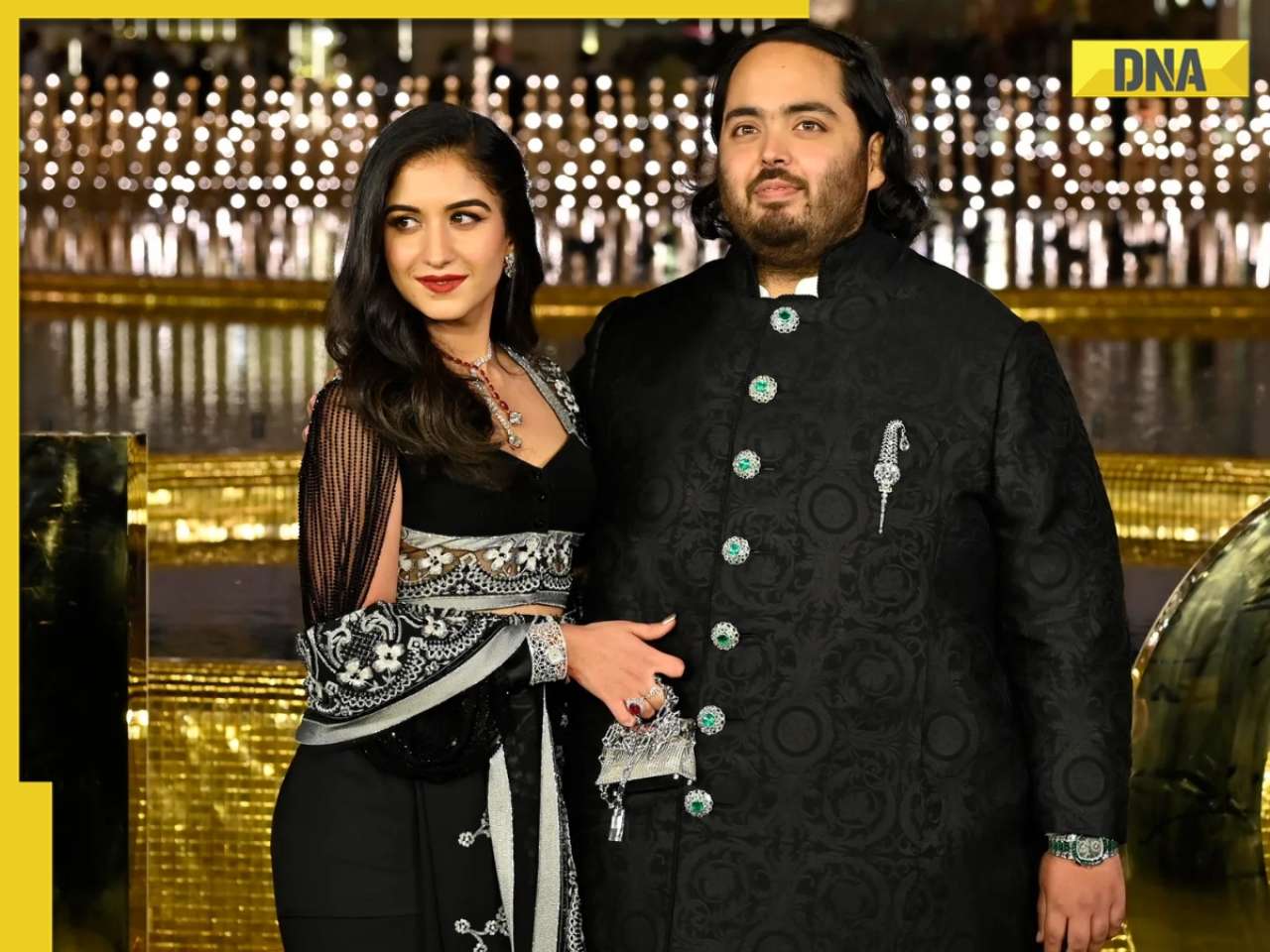
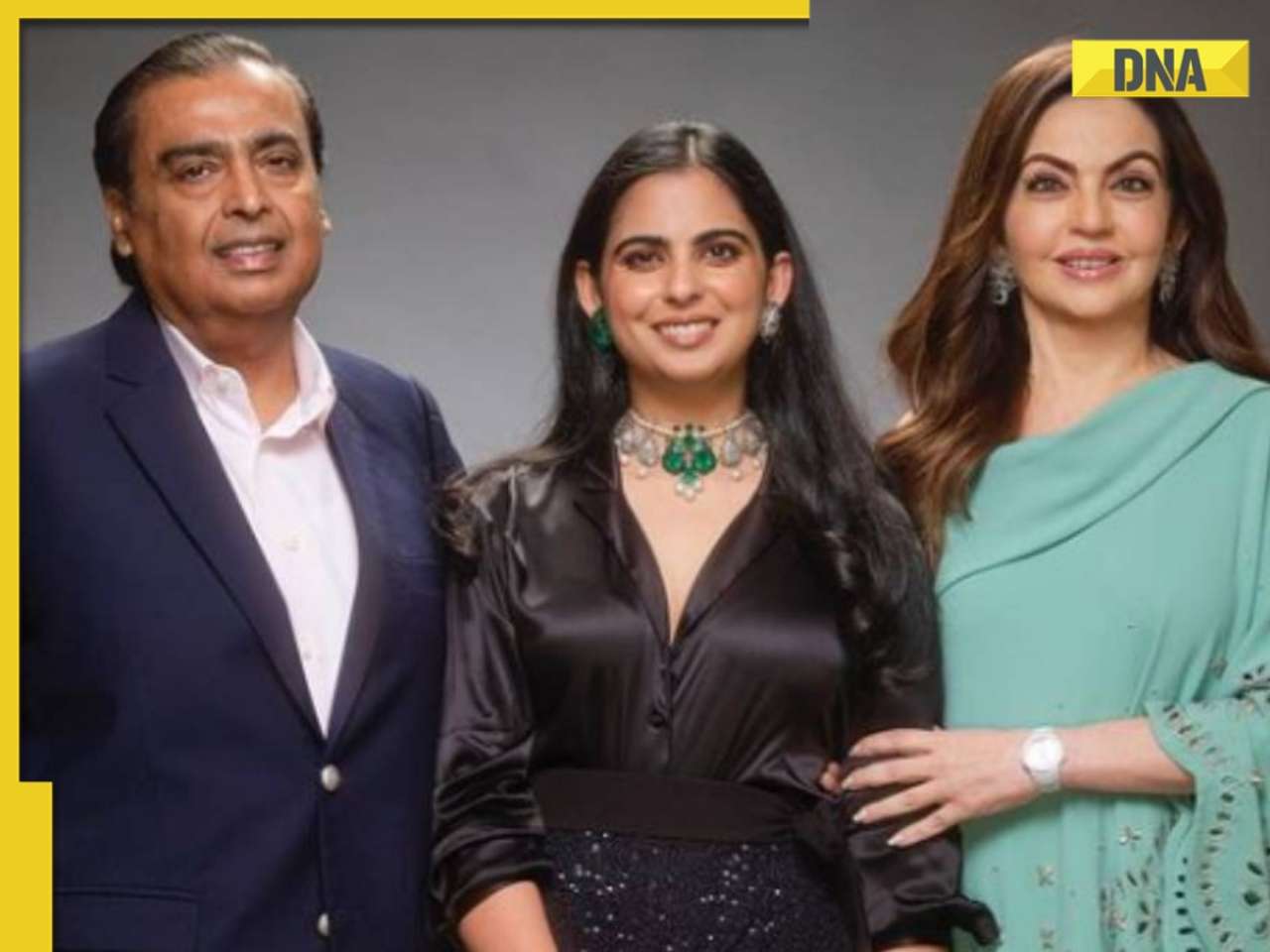

)
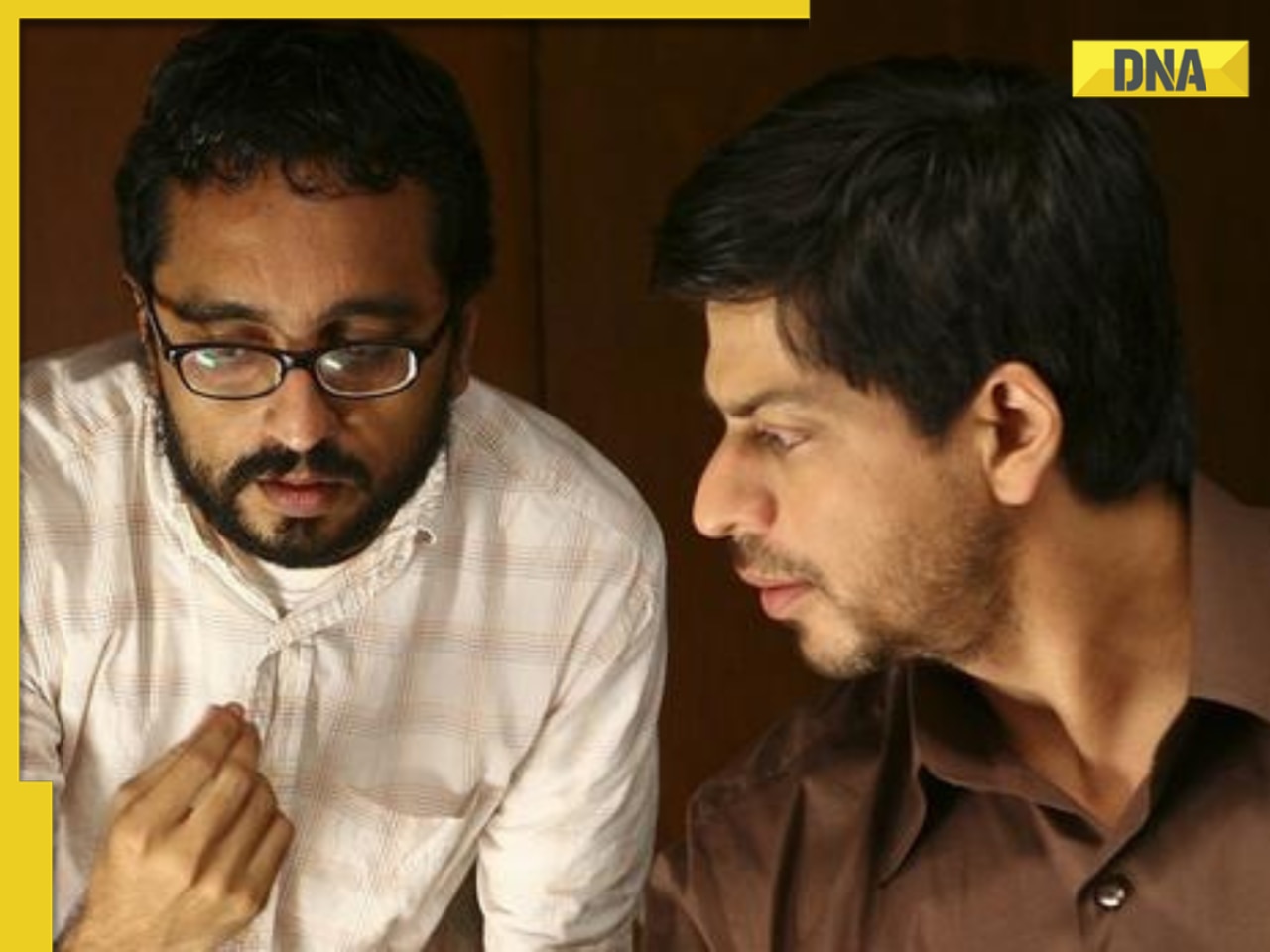
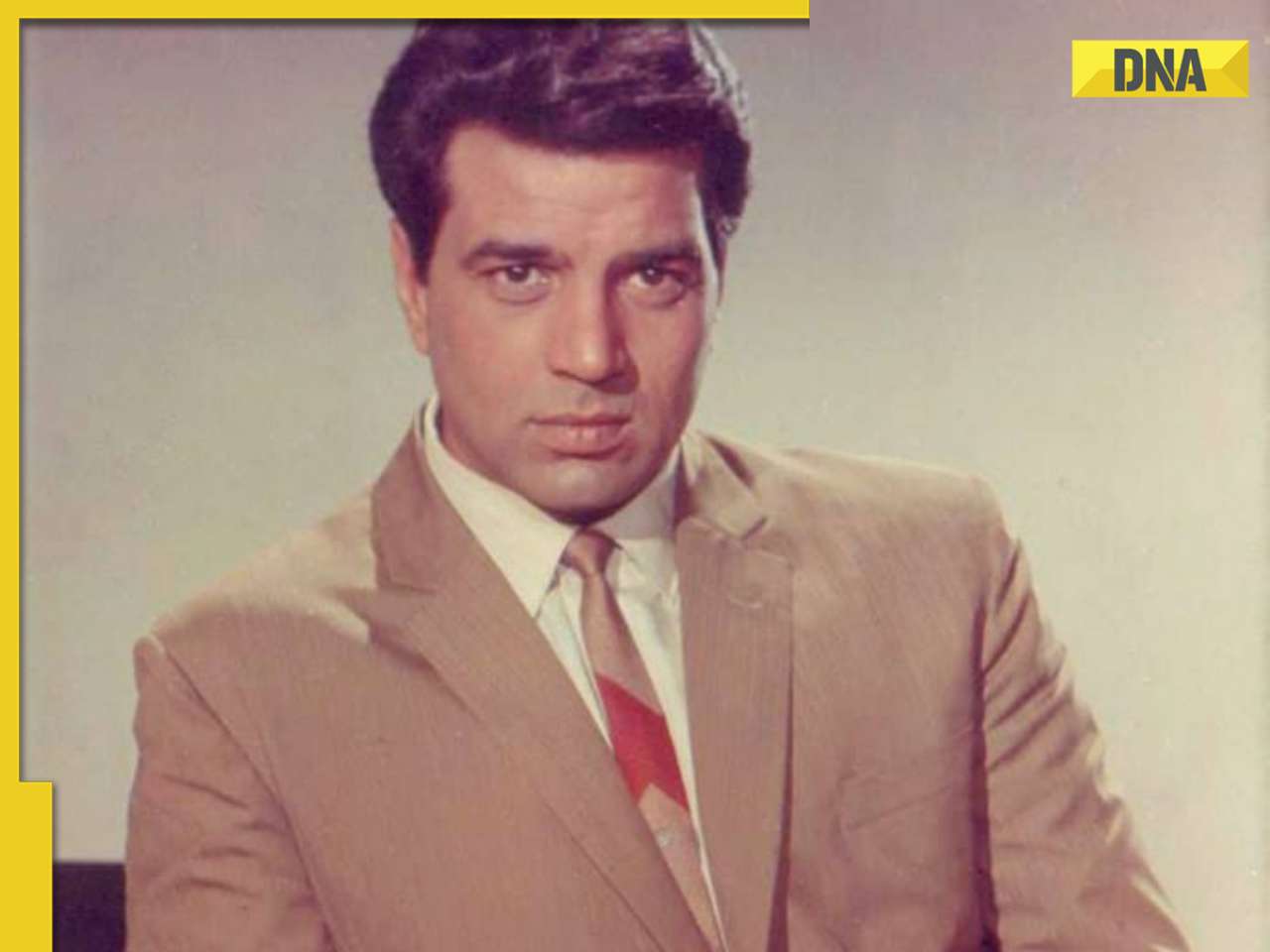
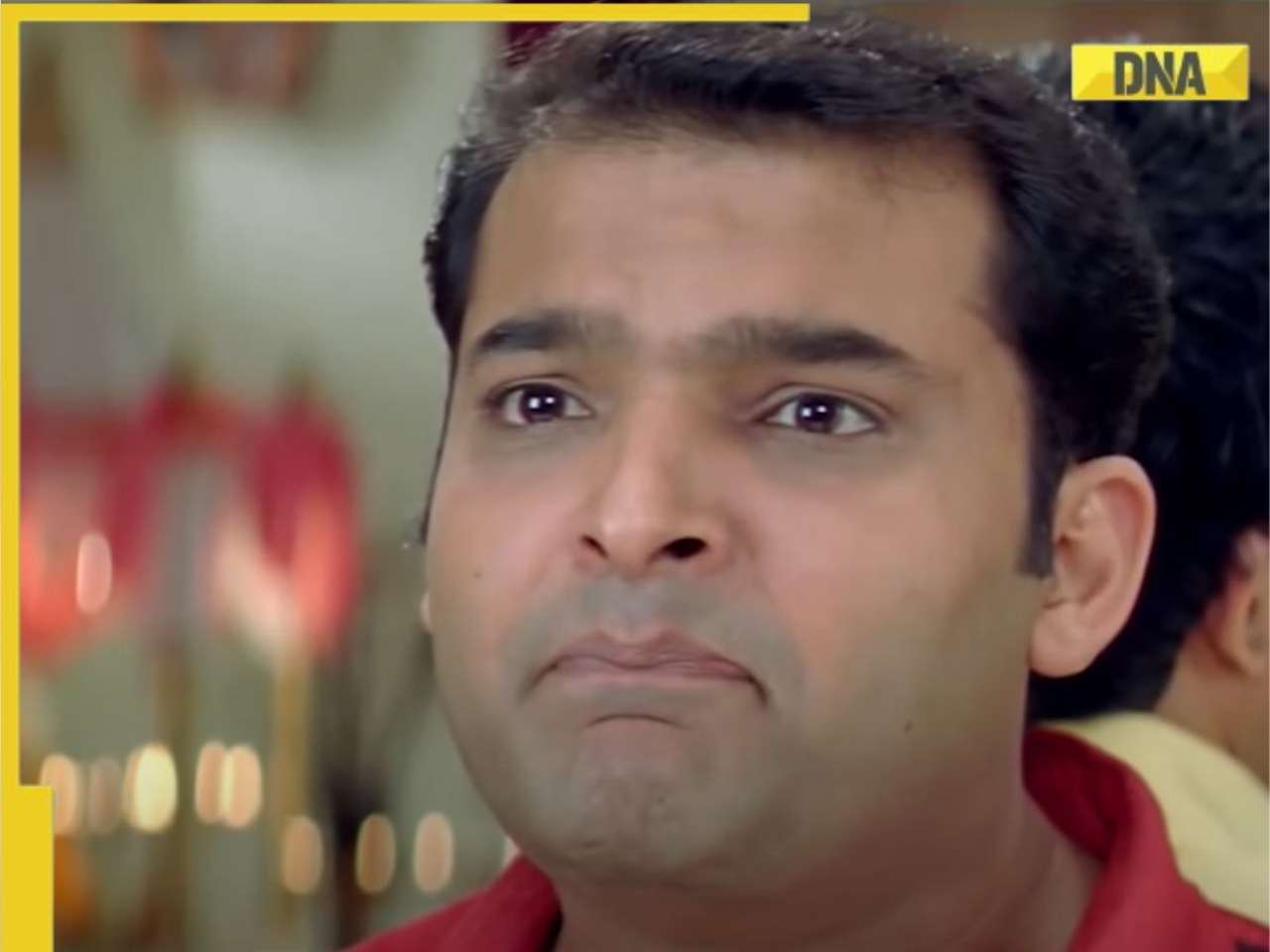
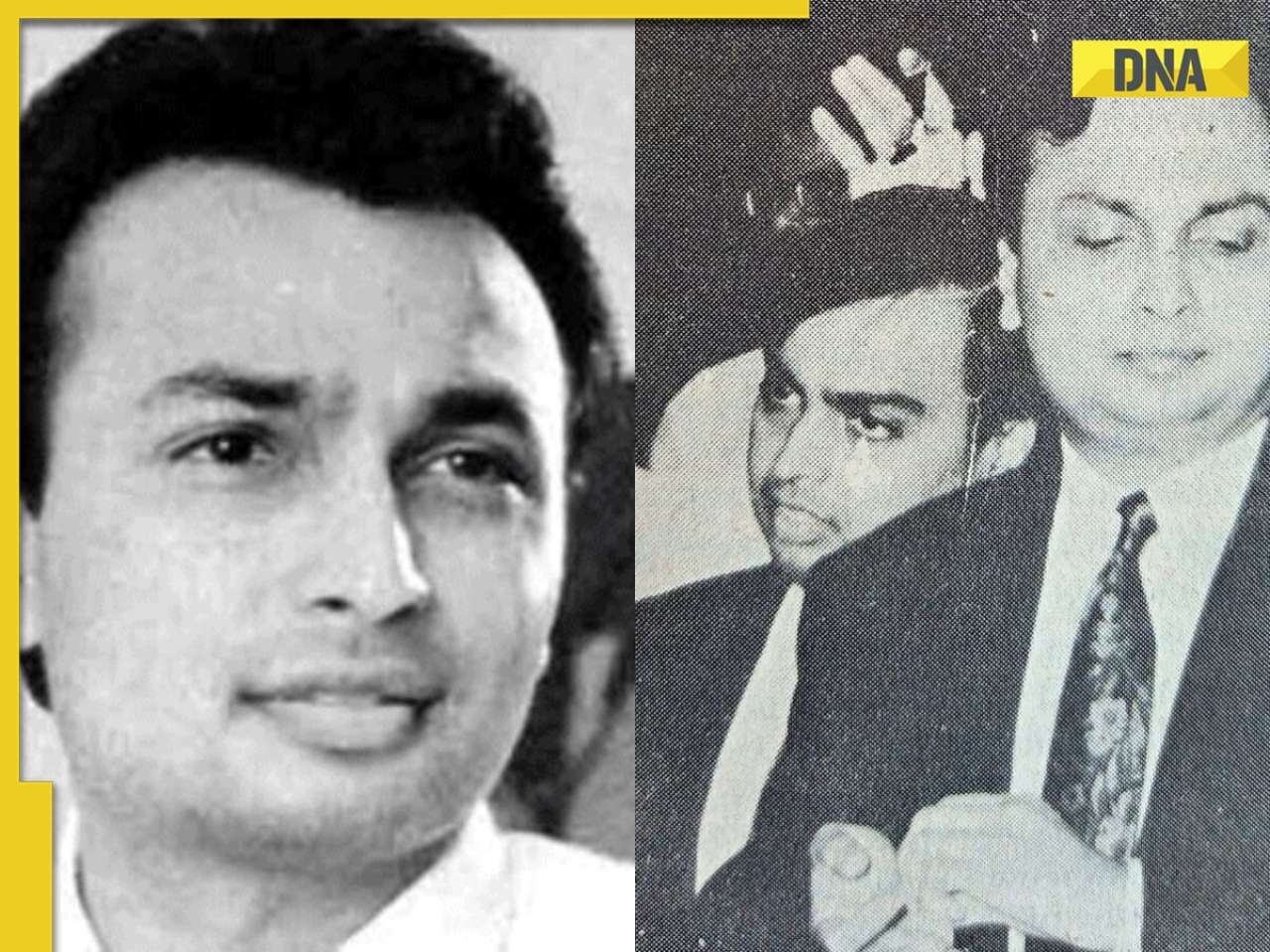


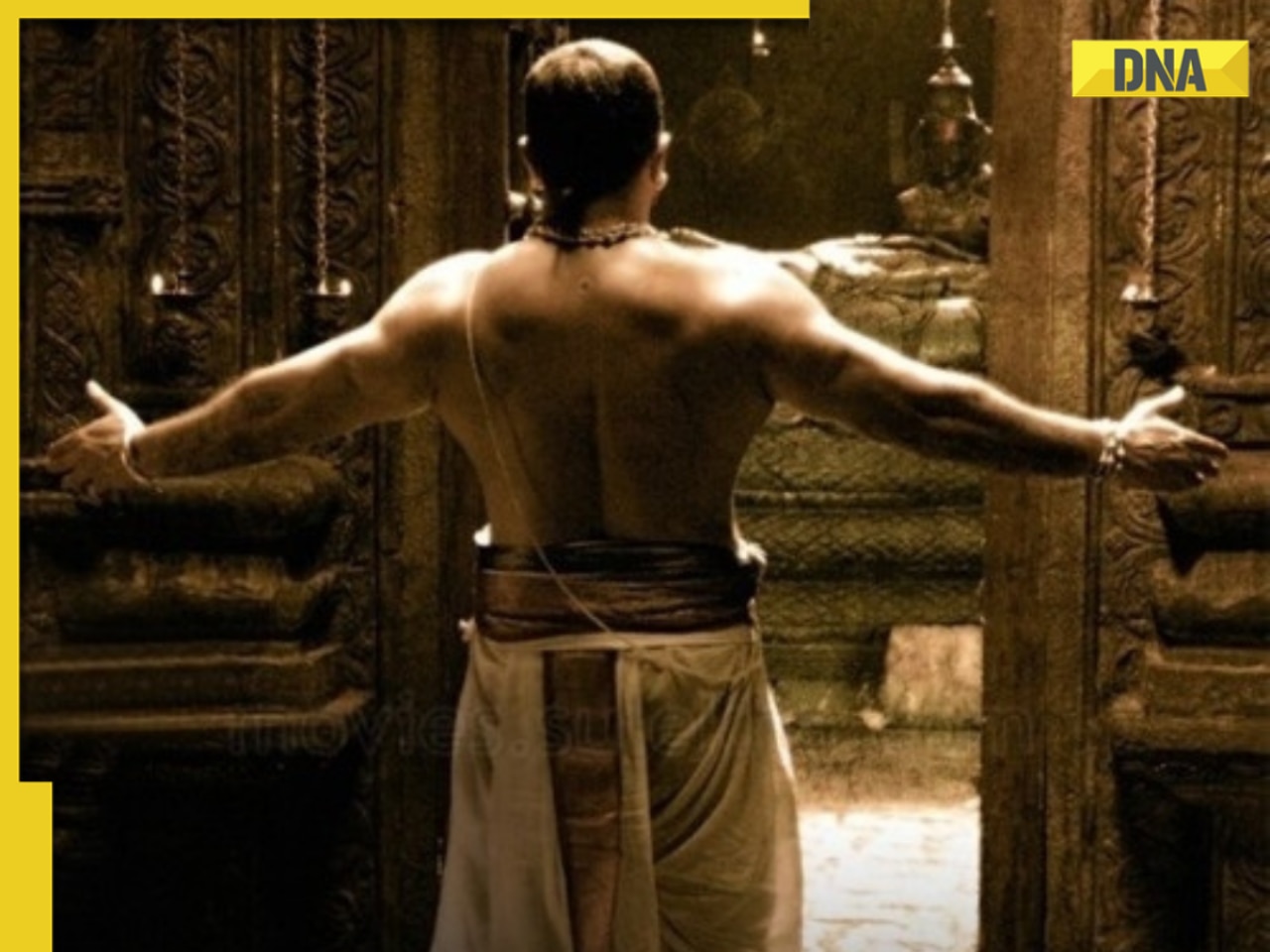
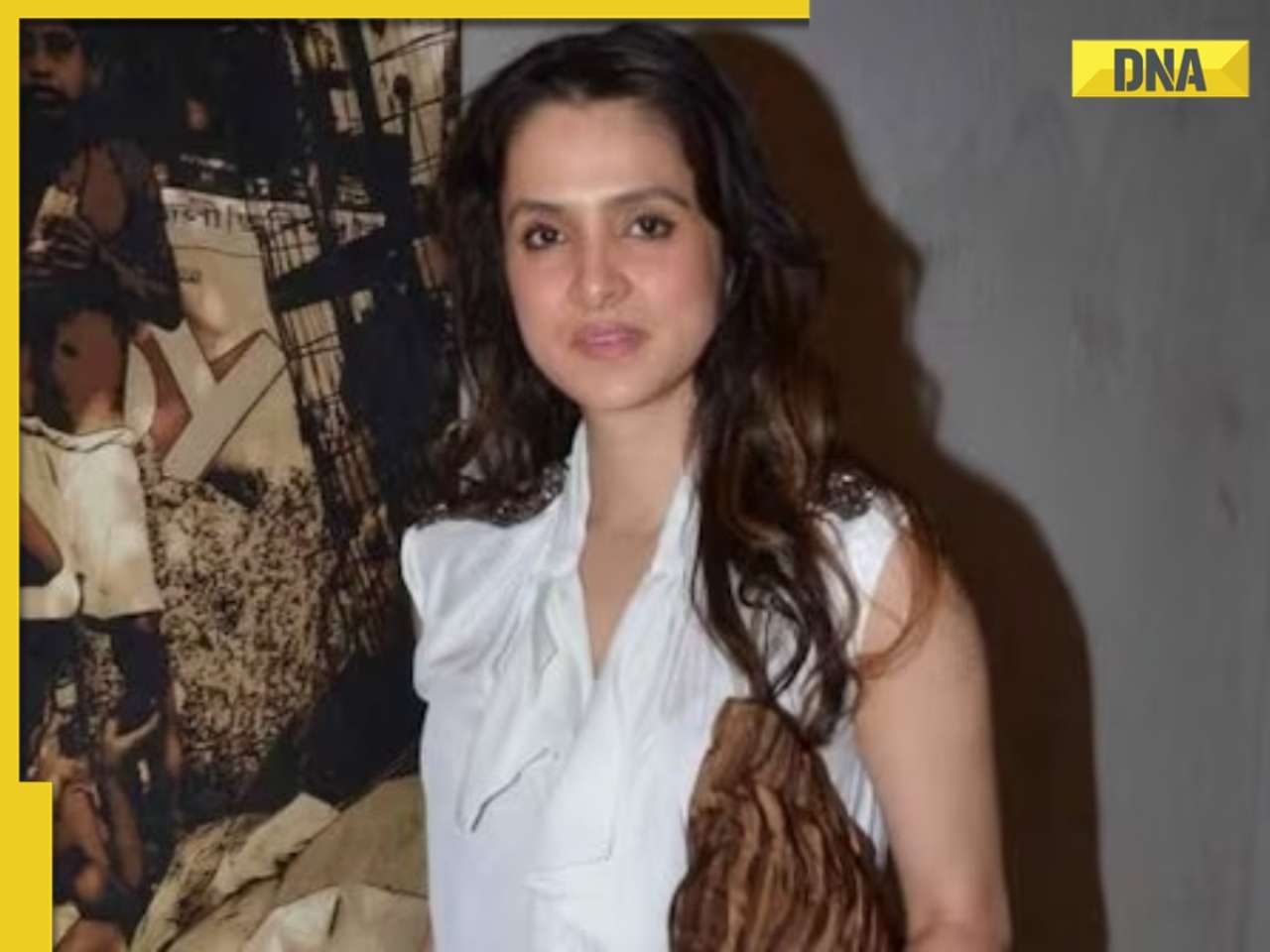
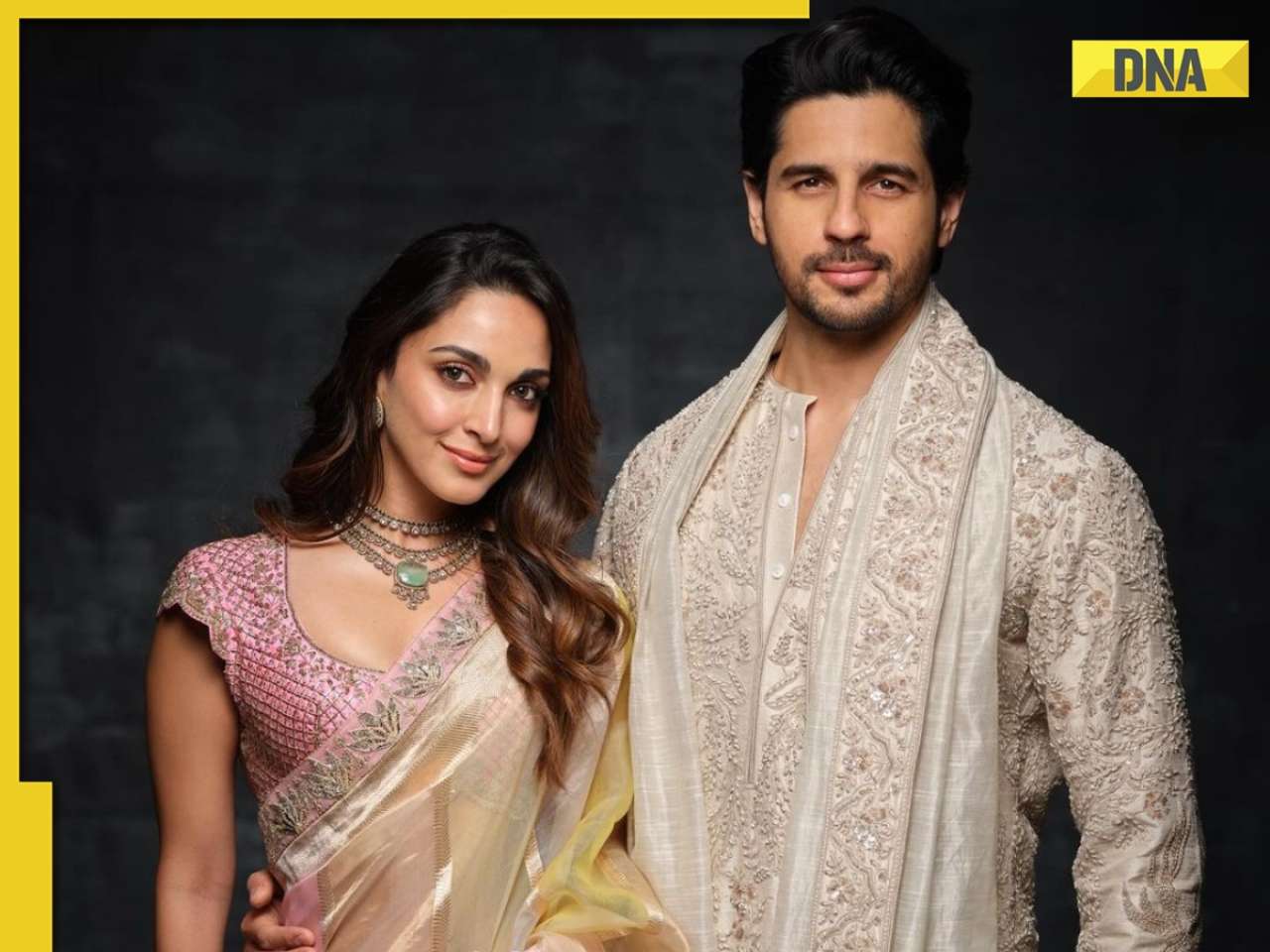
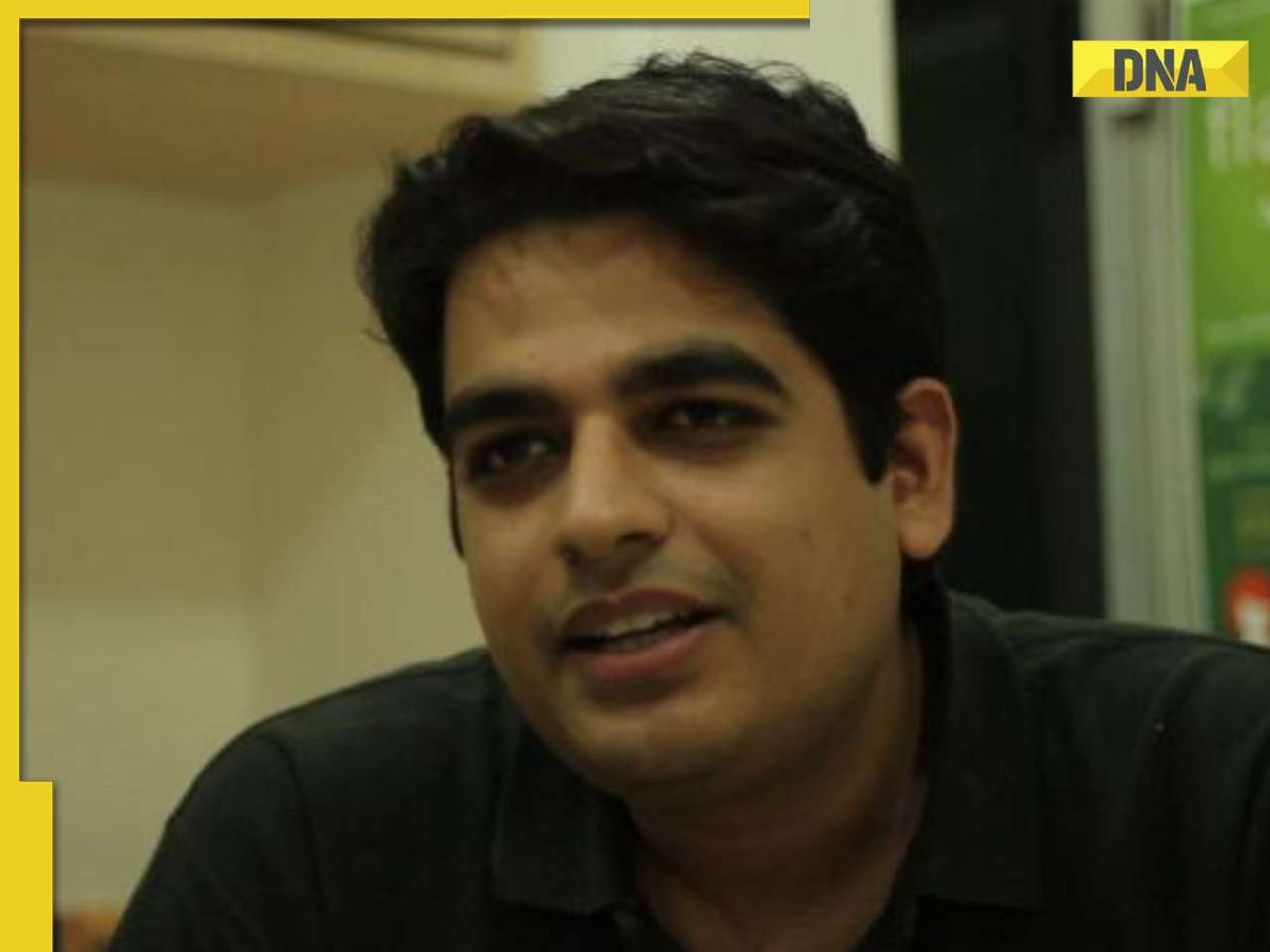
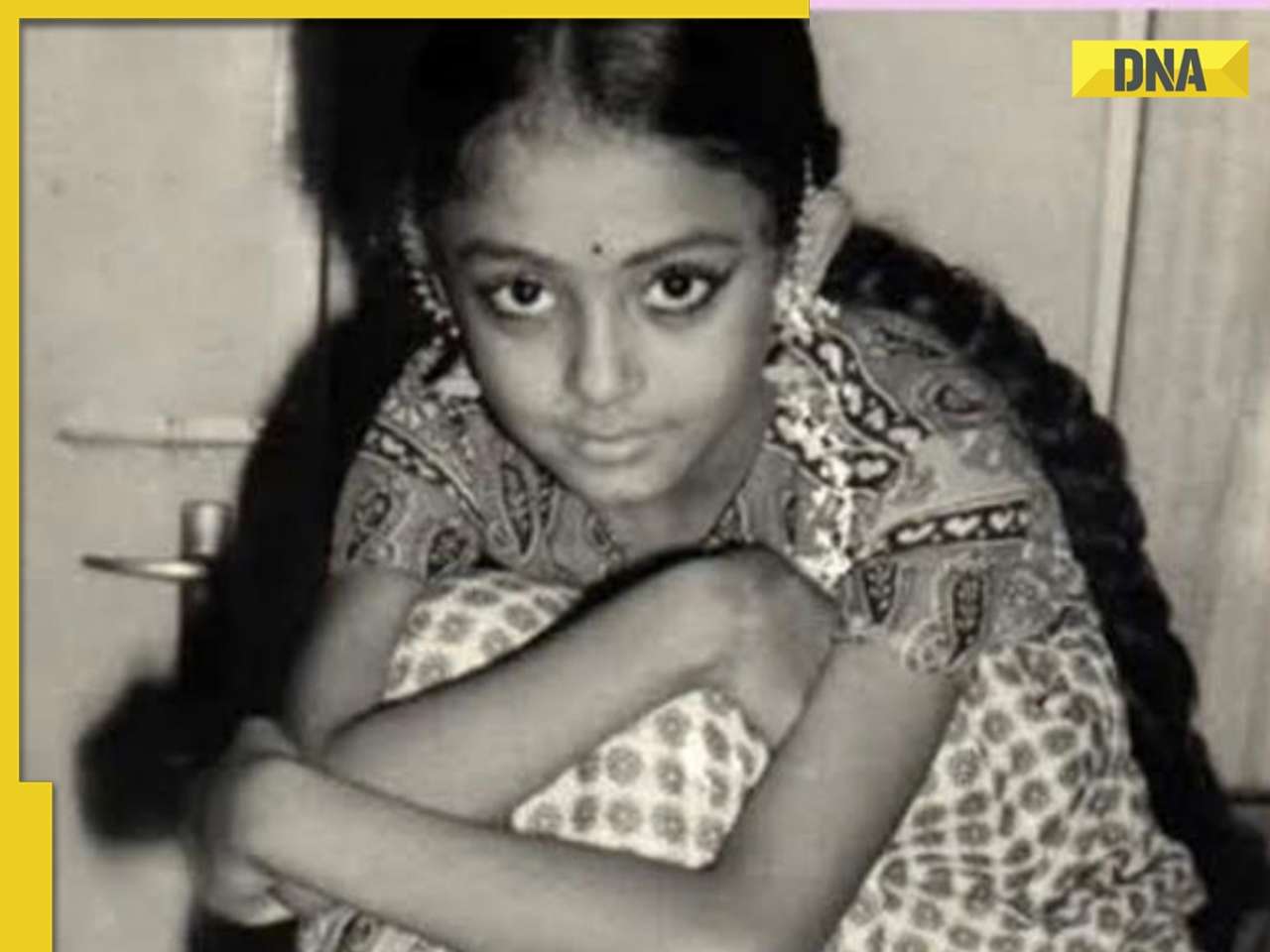

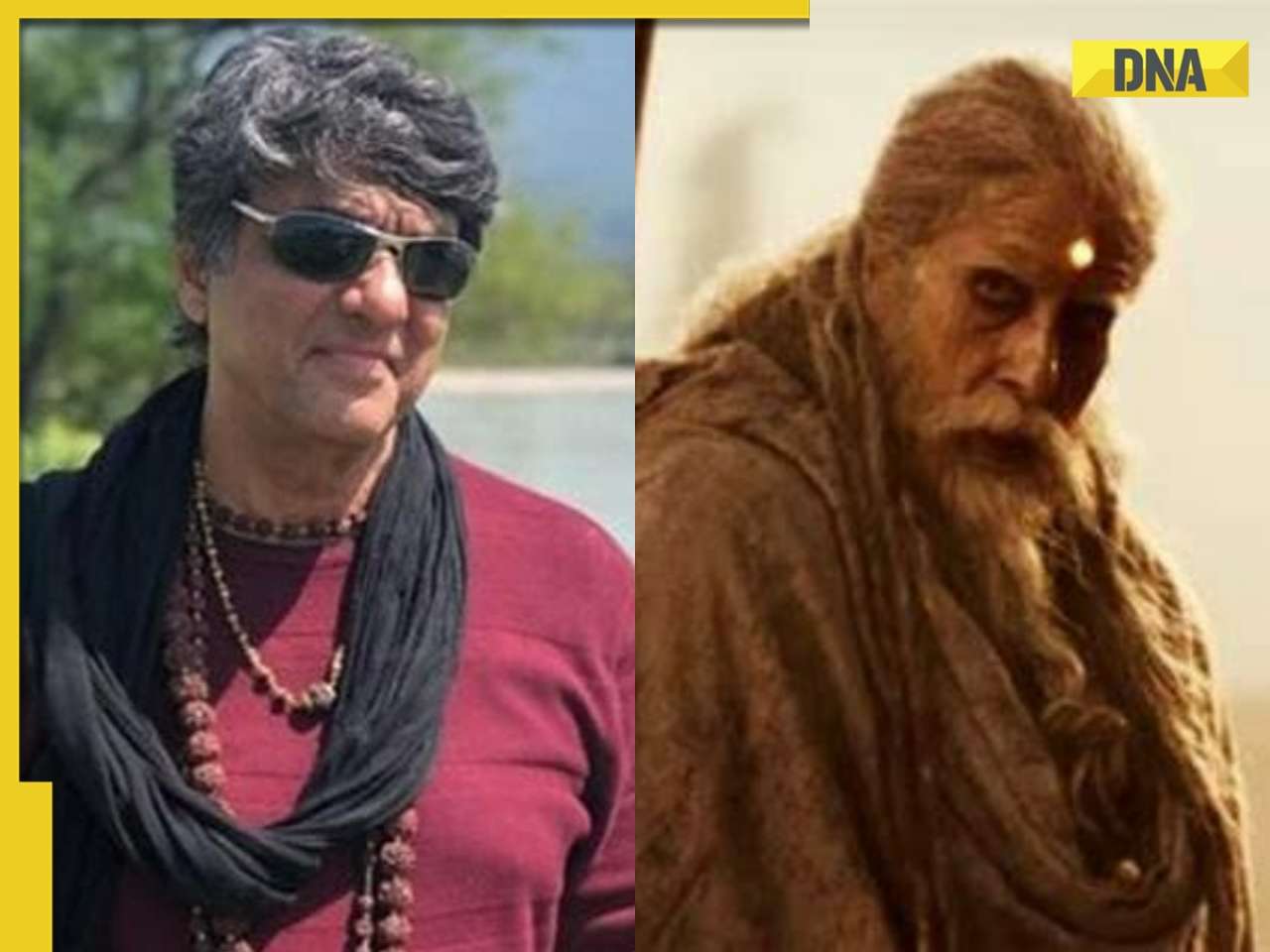
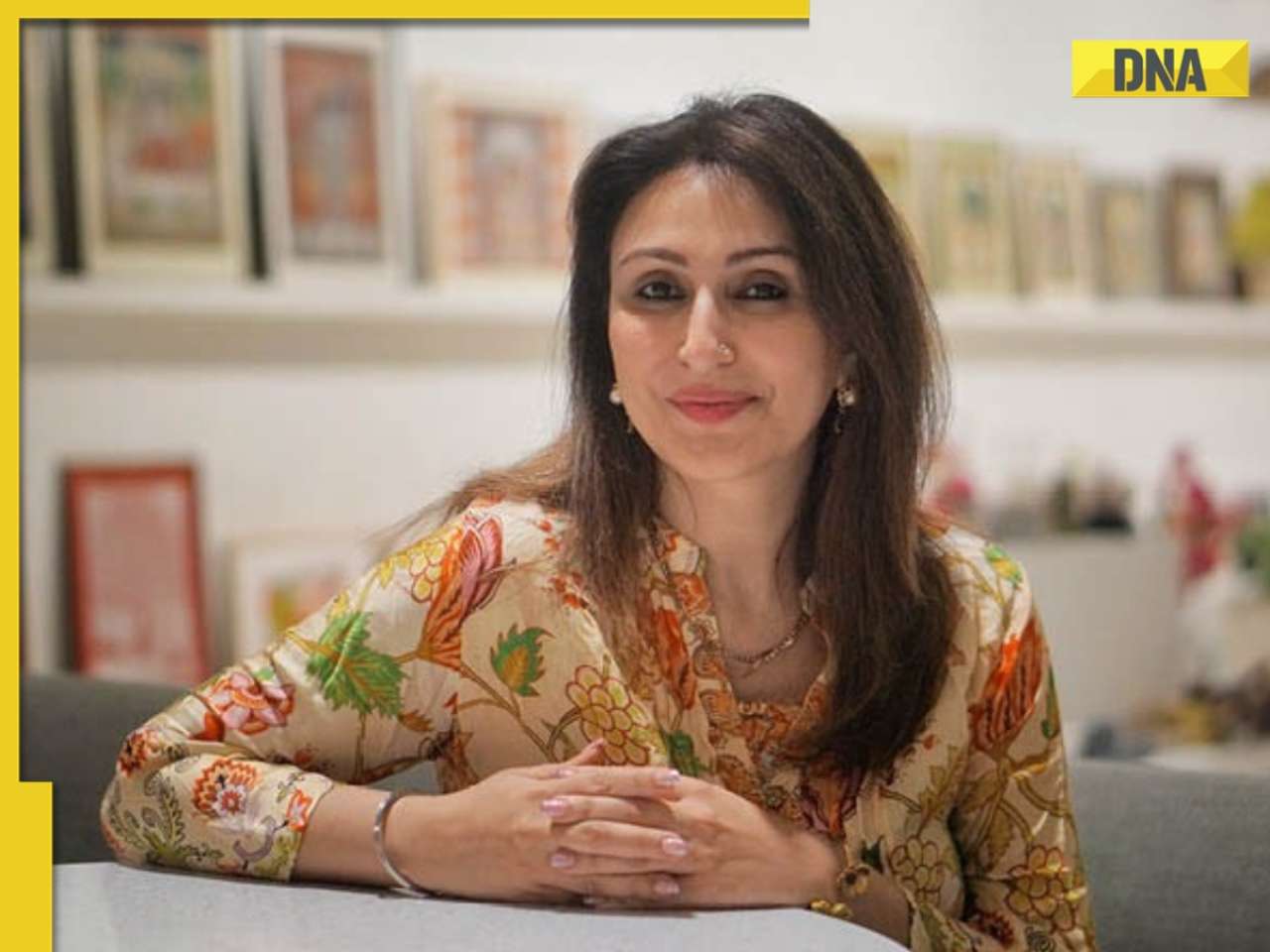




)
)
)
)
)
)